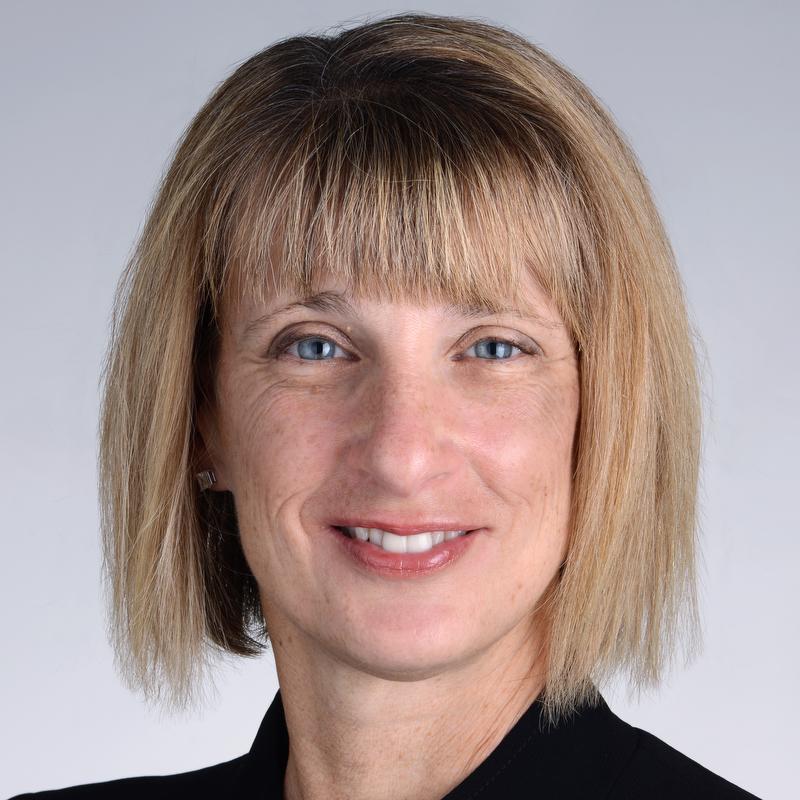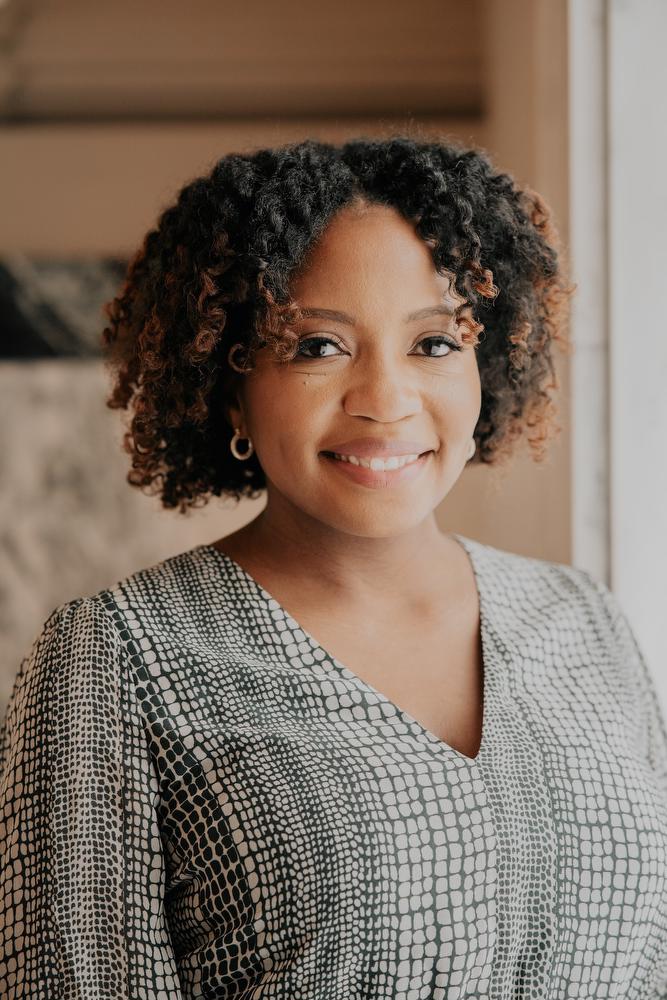

KL2 Scholar, April McNeill-Johnson, M.D., Children’s Mercy Kansas City
By Kelly Hale , Marketing & Communications Specialist
Jan 13, 2025
““There is no subject matter, patient population or thought that is insignificant. There are so many needs across all our populations, and they could benefit from your ideas.””
Project Title: Improving Sexual and Reproductive Health Care in the Juvenile Detention and Correctional Facility
Project Summary: This project addresses critical gaps in sexual and reproductive health (SRH) care for adolescents in juvenile detention and correctional facilities (JDCFs), a population disproportionately affected by sexually transmitted infections, unintended pregnancies, and health inequities. By exploring existing SRH practices, barriers, and needs, the study aims to develop strategies to improve access to comprehensive, evidence-based SRH care in JDCFs. This work has the potential to transform adolescent care in these settings, reducing disparities and supporting healthier outcomes for this structurally underserved population.
Mentors: Melissa Miller, M.D., MSCR; Megha Ramaswamy, Ph.D., MPH
April McNeill-Johnson, M.D., who is in her second year in the KL2 program, understands that when working with a structurally vulnerable population (young people and in the detention or prison system), you have to be careful about your research approach because you want to ensure they are protected and not coerced in any way.
“There are a lot more steps when working with this population to conduct research,” she said. “We started with a needs assessment at two detention centers in the area, regarding their current practices and policies regarding sexual or reproductive health. We hope that the needs assessment will inform future interventions to help improve this care among these adolescents.”
McNeill-Johnson is conducting interviews with staff to gather more information on current programs to help implement different interventions or programs in the future at not only these centers, but at others.
“I really want to focus on helping young people who are incarcerated or who have been affected by the incarceration systems. It has been an under-researched area, and under-prioritized by researchers historically,” McNeill-Johnson said. “There aren’t a lot of researchers in this space, especially that look like me, so if I can help improve sexual and reproductive health care in the juvenile detention and correctional facilities, I can make a difference.”
As for her time in the KL2 program, McNeill-Johnson credits the monthly Scholars Club for helping build leadership skills and how to build relationships between mentor and mentee, to have a successful program.
“Learning how to effectively communicate with your mentors and how to get your point across without losing your own self and research has been really helpful,” she said. “I also think it has been helpful on how to apply for other grants and thinking about your project – how Frontiers can help you with different resources.”
“And understanding implementation science has been very valuable for me through this program.”
The advice McNeill-Johnson offers to someone considering applying?
“There is no subject matter, patient population or thought that is insignificant. There are so many needs across all our populations, and they could benefit from your ideas.”
Latest Articles
View All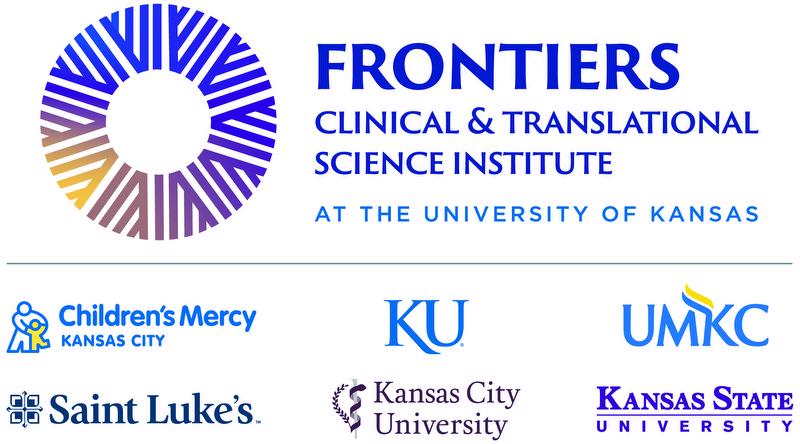 Funded Projects · News
Funded Projects · News
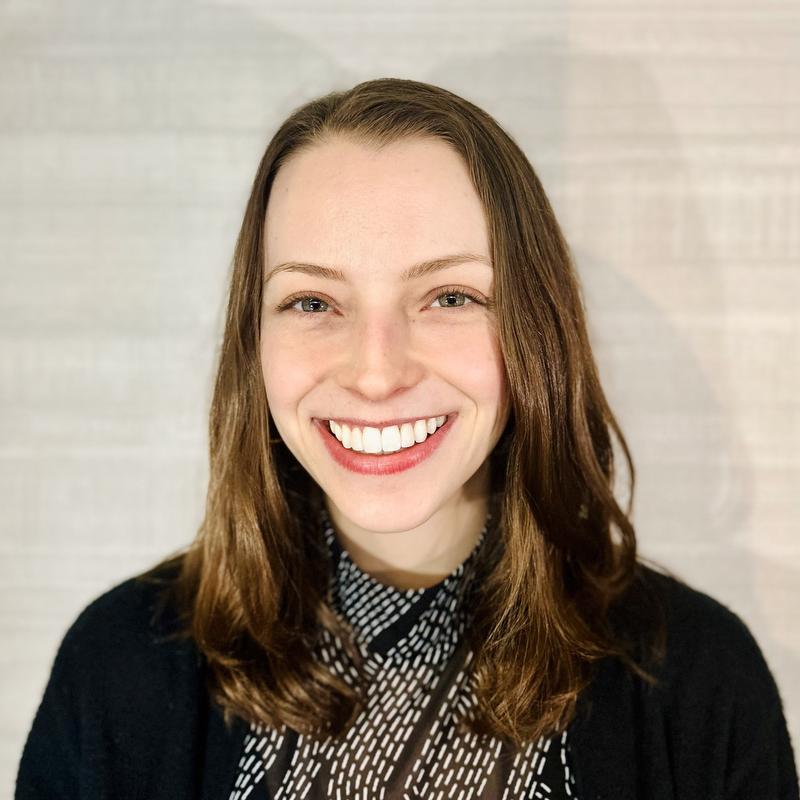 TL1 Trainee · News
TL1 Trainee · News
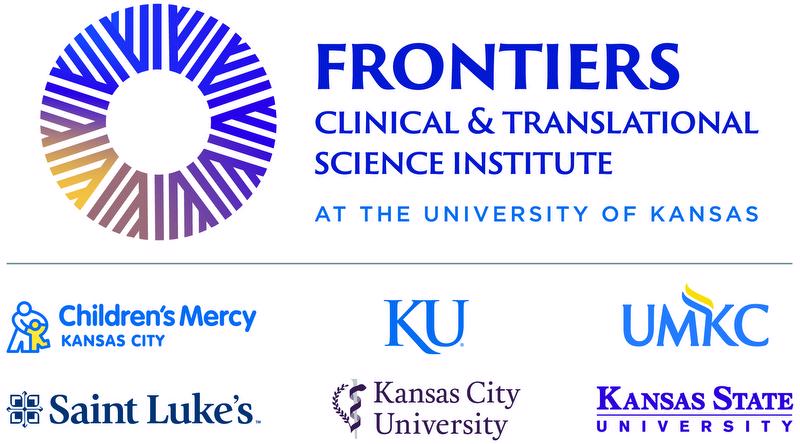 Funded Projects · News
Funded Projects · News
 TL1 Trainee · News
TL1 Trainee · News
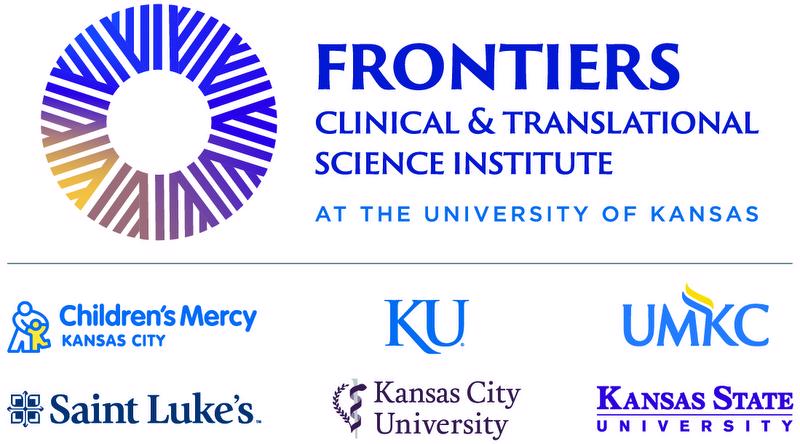 Funded Projects · News
Funded Projects · News
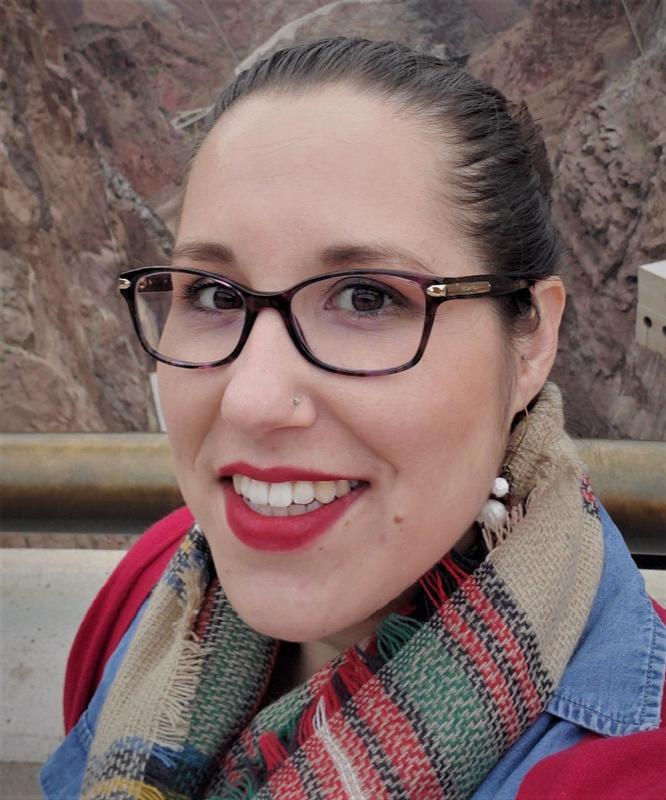 TL1 Trainee · News
TL1 Trainee · News
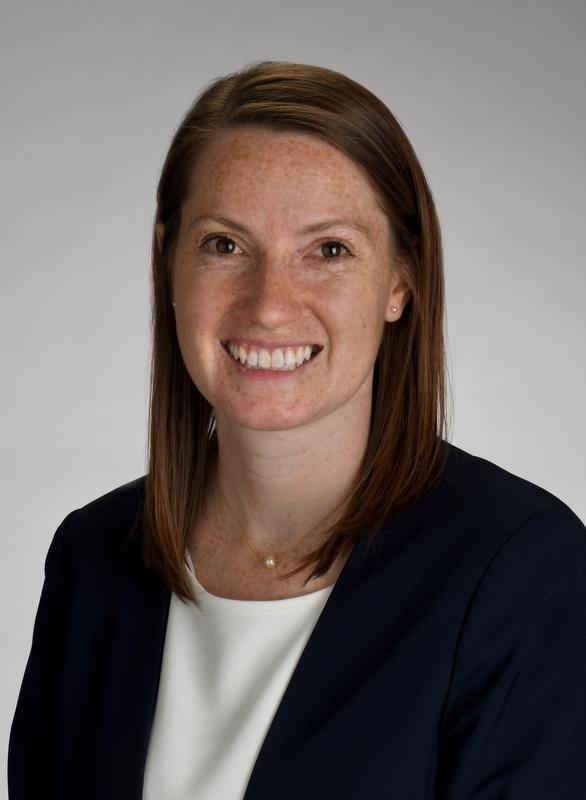 KL2 Scholar · News
KL2 Scholar · News
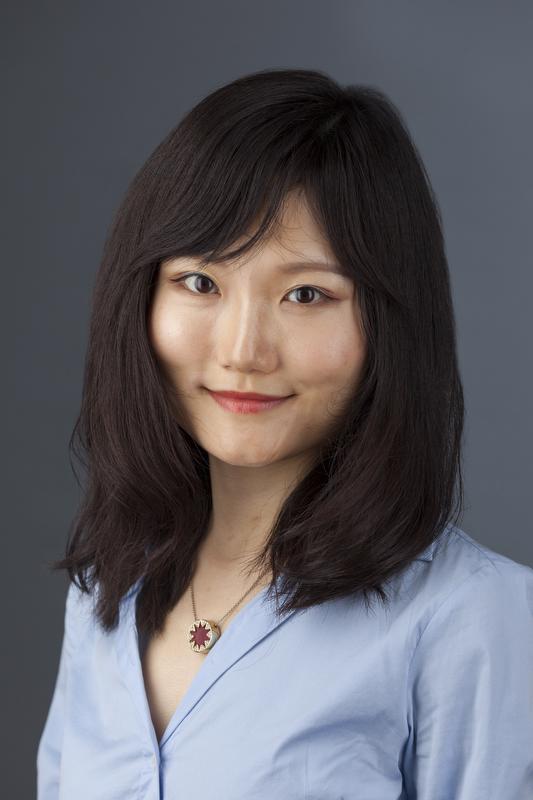 Funded Projects · News
Funded Projects · News
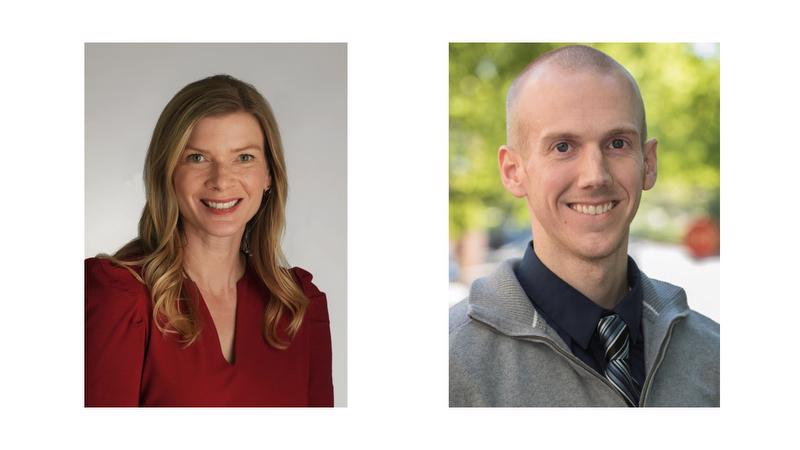 Funded Projects · News
Funded Projects · News
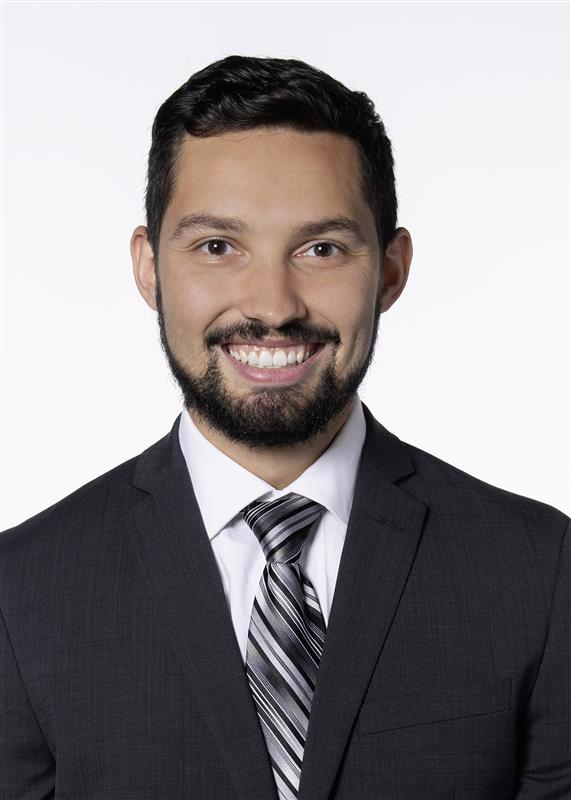 TL1 Trainee · News
TL1 Trainee · News
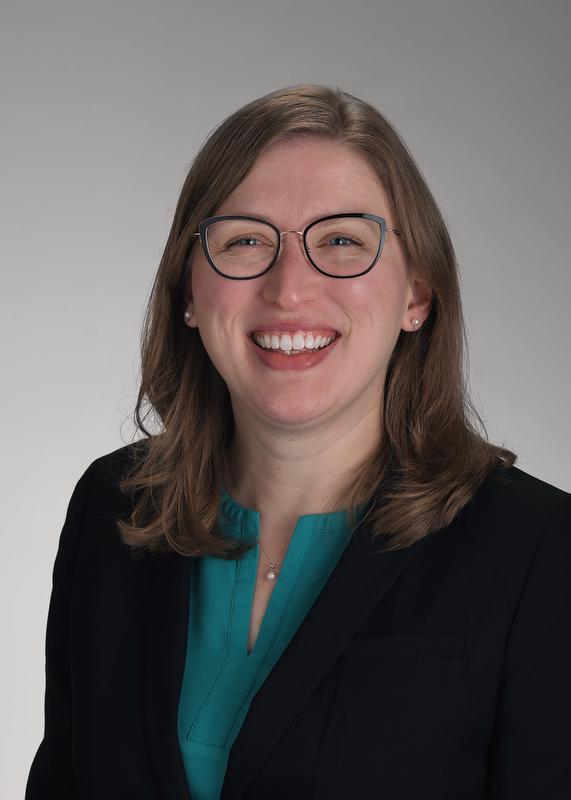 KL2 Scholar · News
KL2 Scholar · News
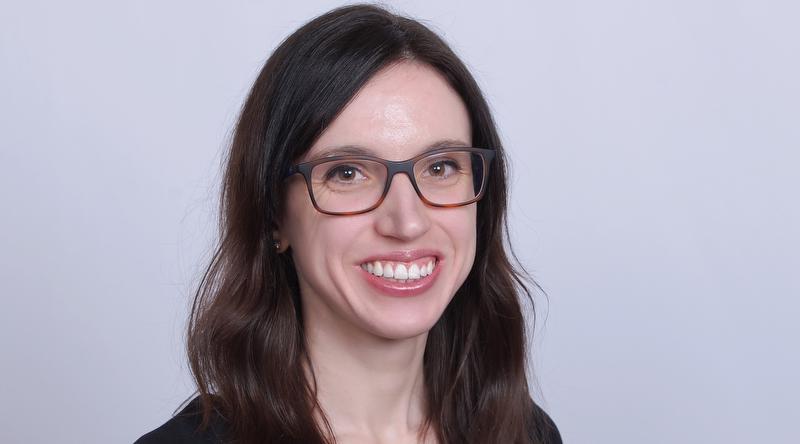 Funded Projects · News
Funded Projects · News
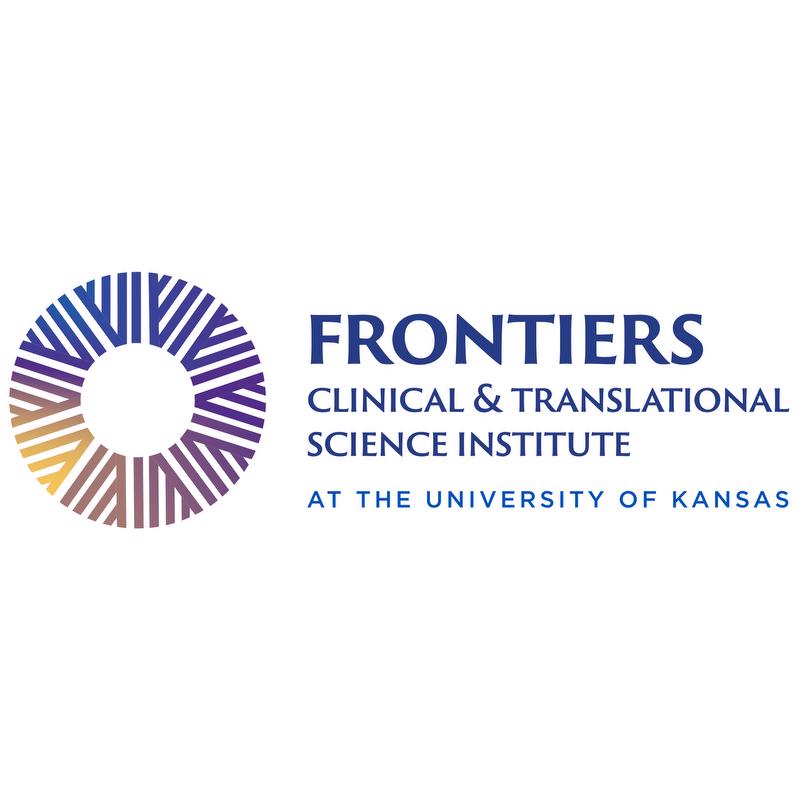 News
News
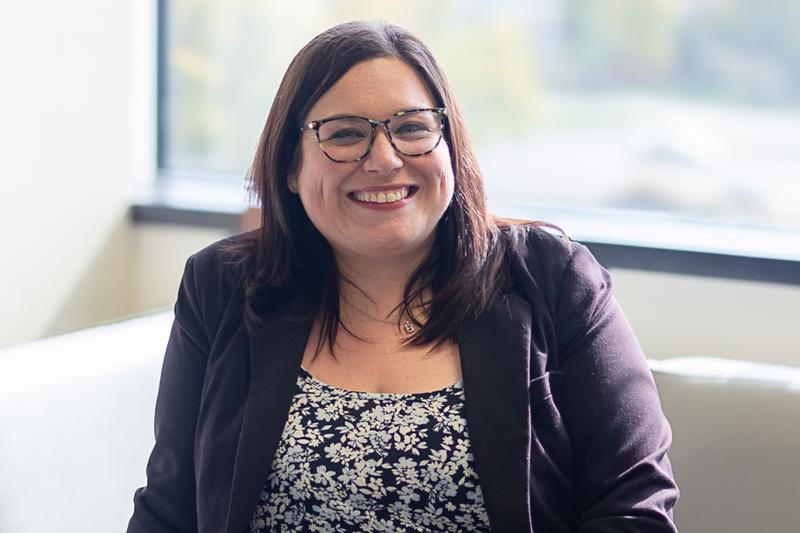 TL1 Trainee · News
TL1 Trainee · News
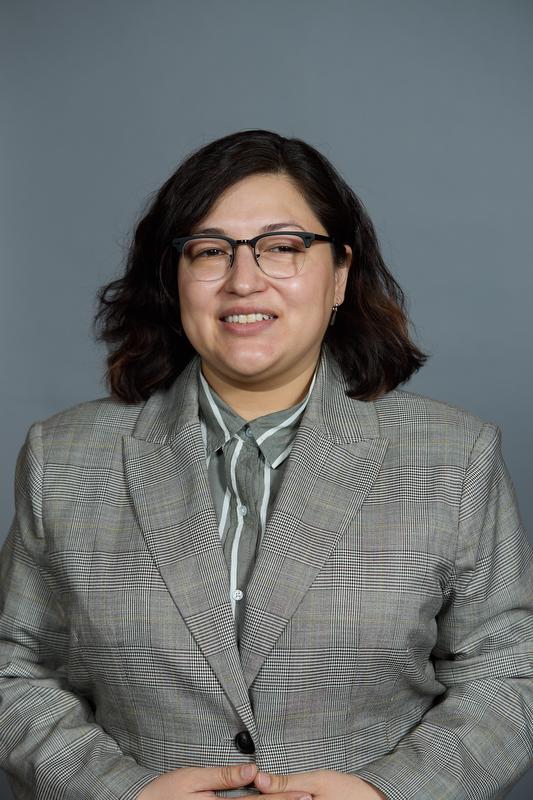 News
News
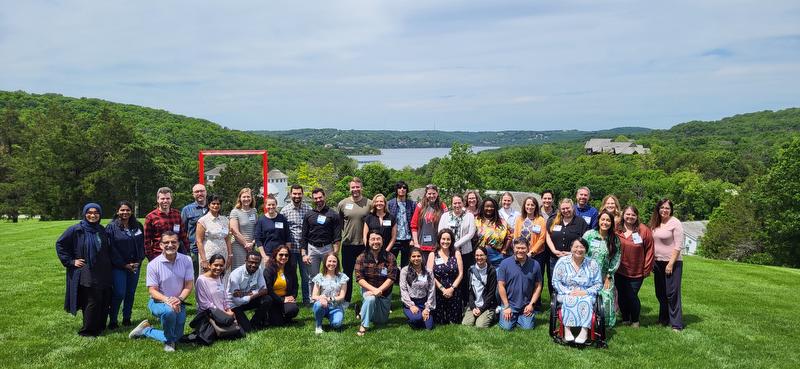 News
News
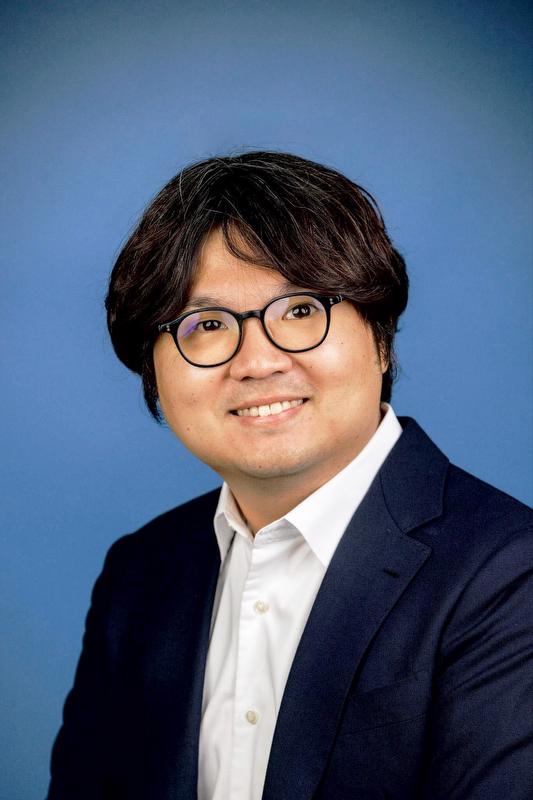 Funded Projects · News
Funded Projects · News
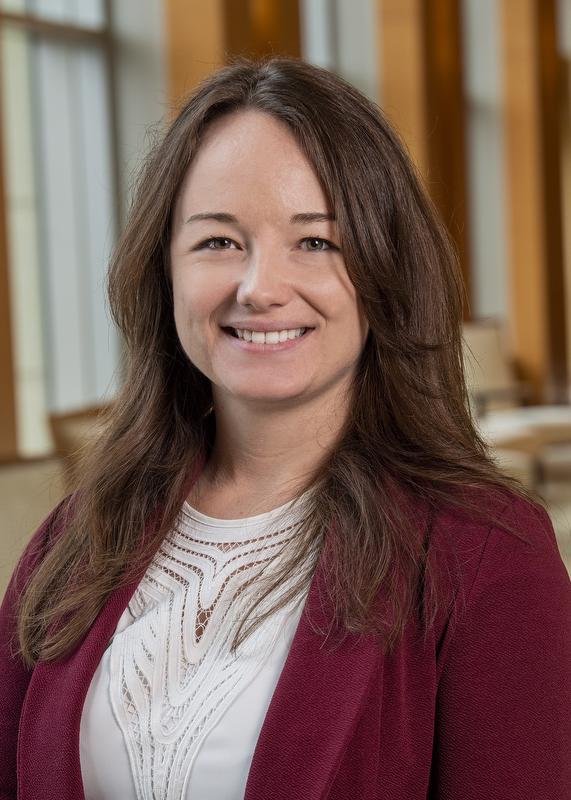 TL1 Trainee · News
TL1 Trainee · News
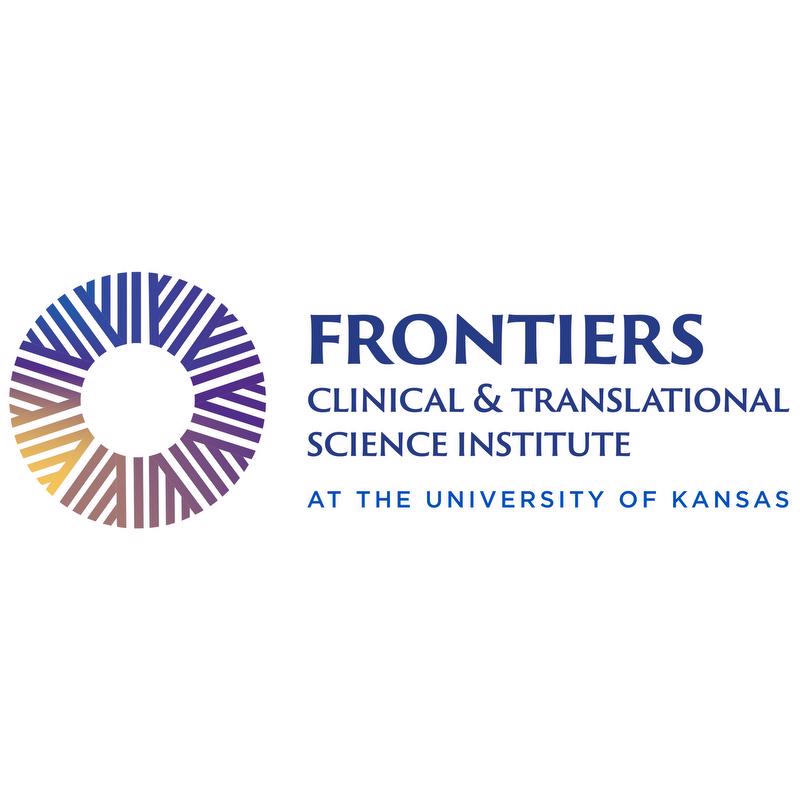 Events
Events
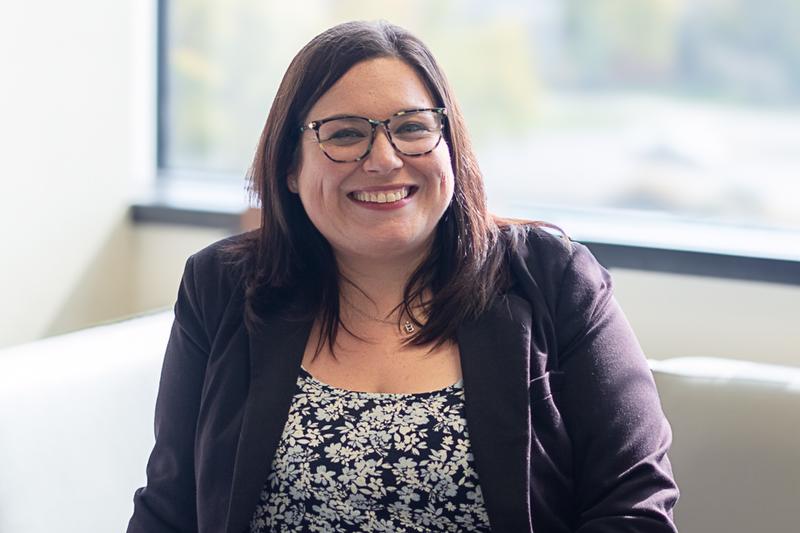 TL1 Trainee · News
TL1 Trainee · News
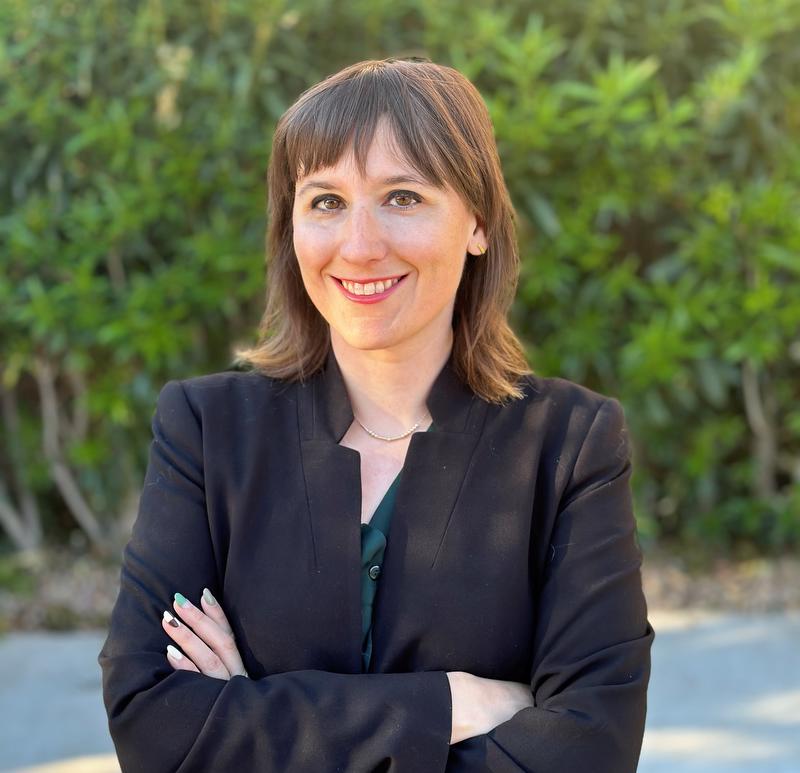 News
News
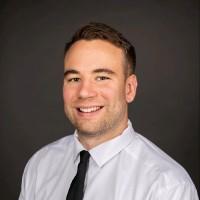 TL1 Trainee · News
TL1 Trainee · News
 KL2 Scholar · News
KL2 Scholar · News
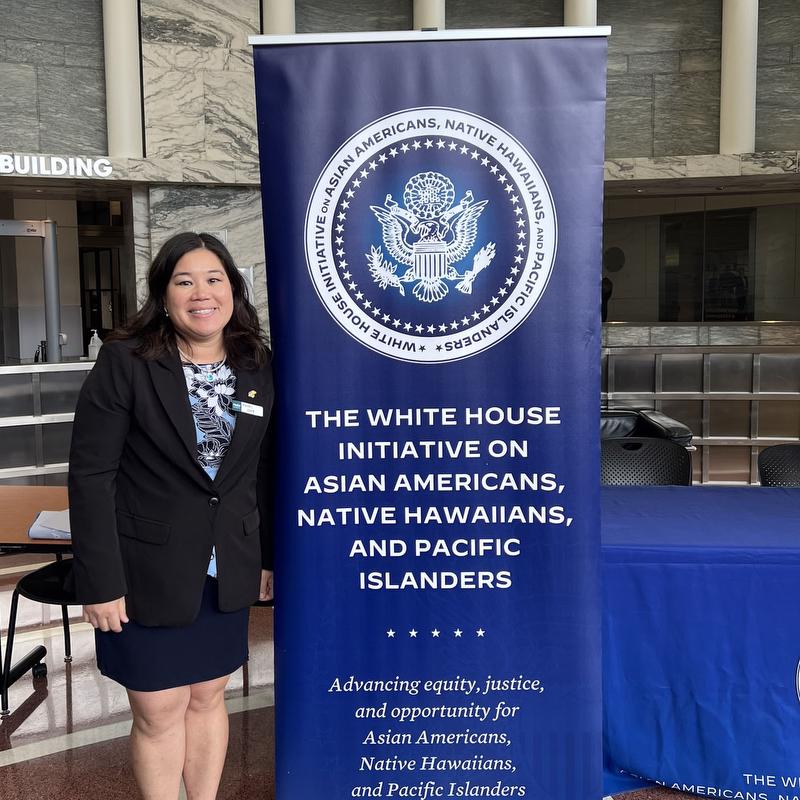 News
News
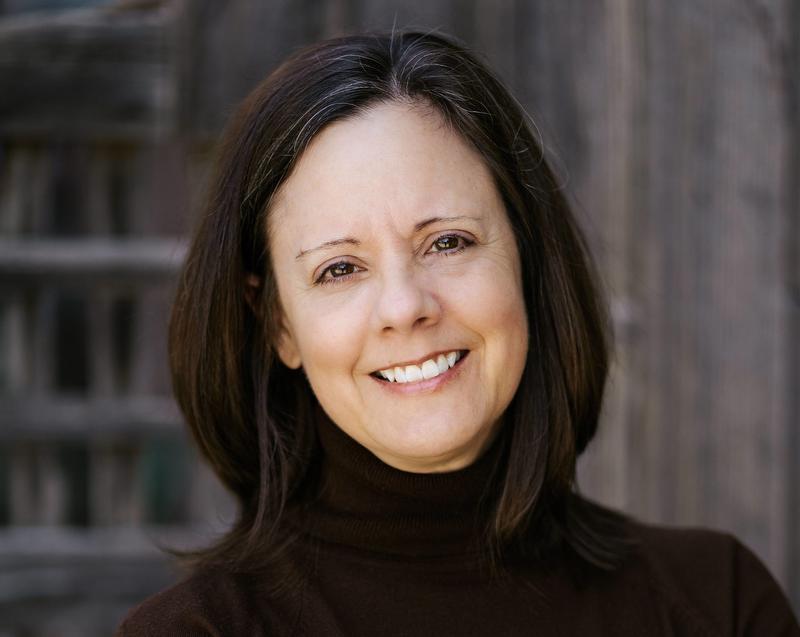 KL2 Scholar · News
KL2 Scholar · News
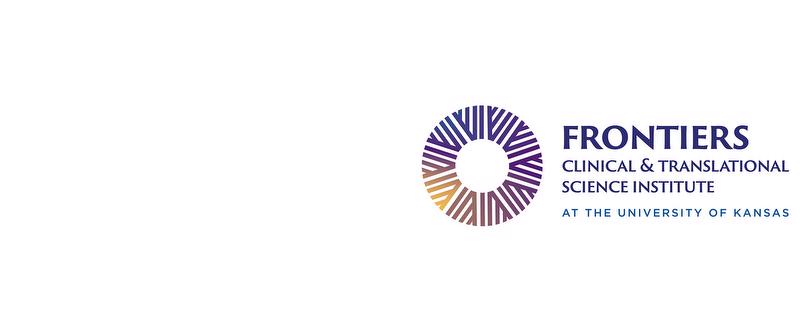 Funded Projects · News
Funded Projects · News
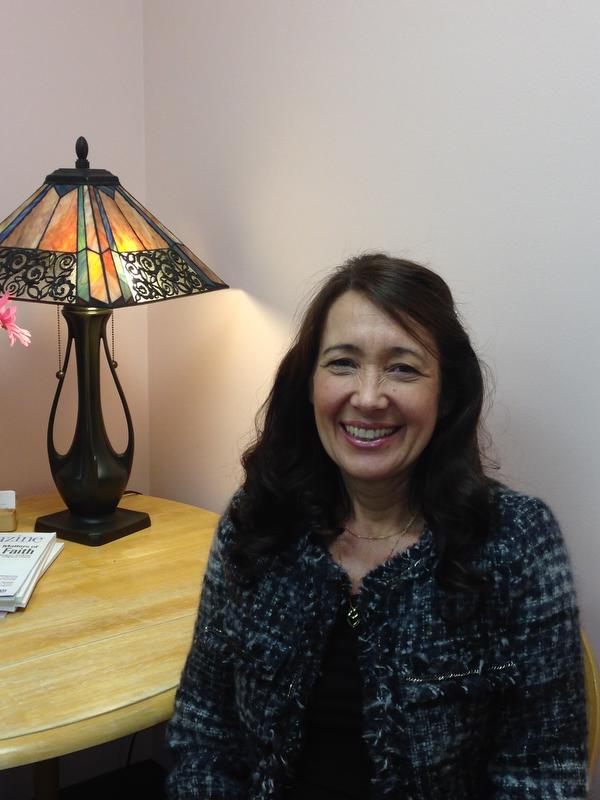 News
News
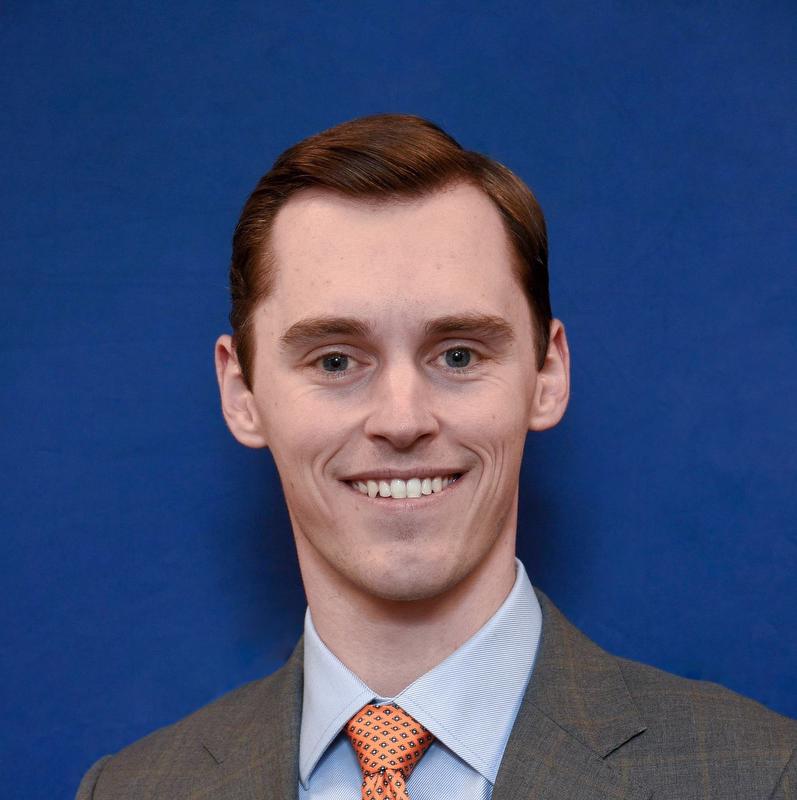 TL1 Trainee · News
TL1 Trainee · News
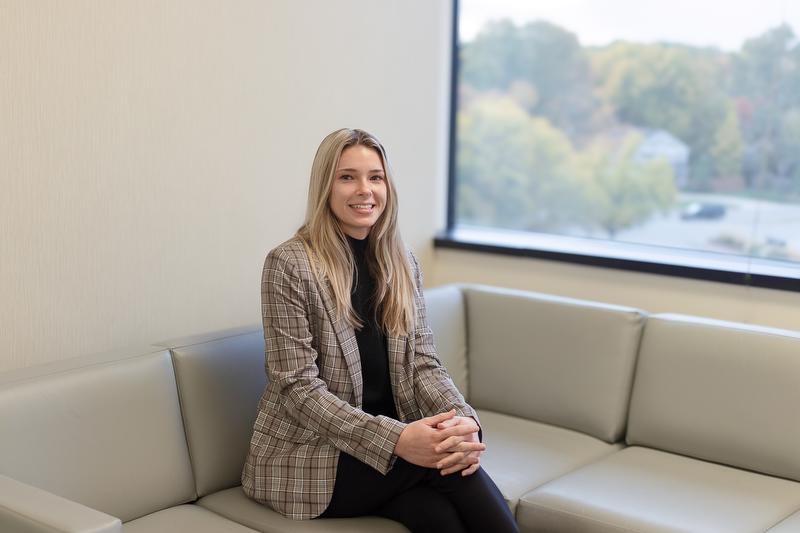
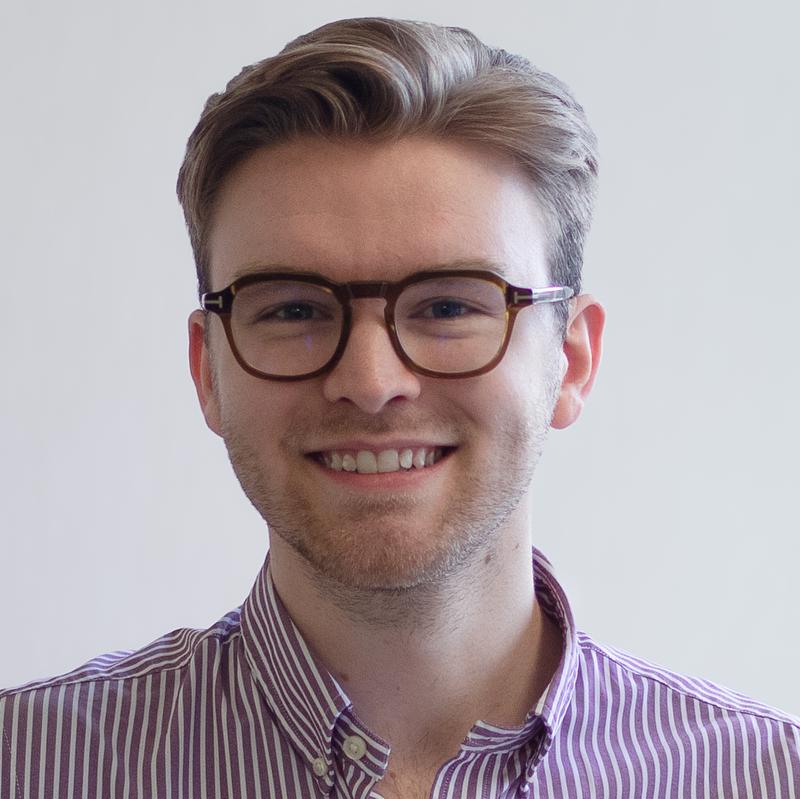 TL1 Trainee · News
TL1 Trainee · News
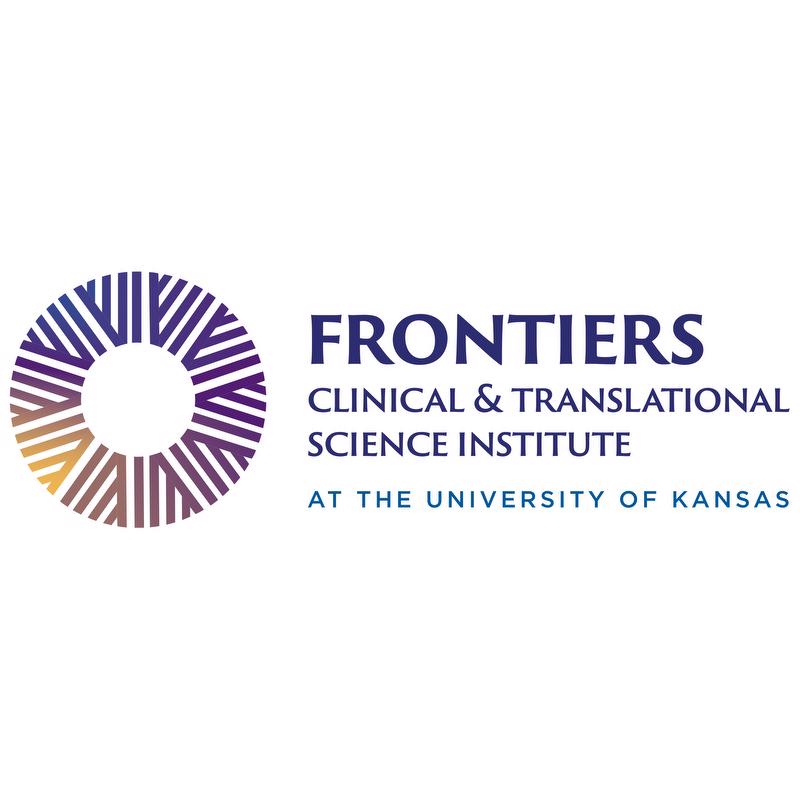 Services · News
Services · News
 News
News
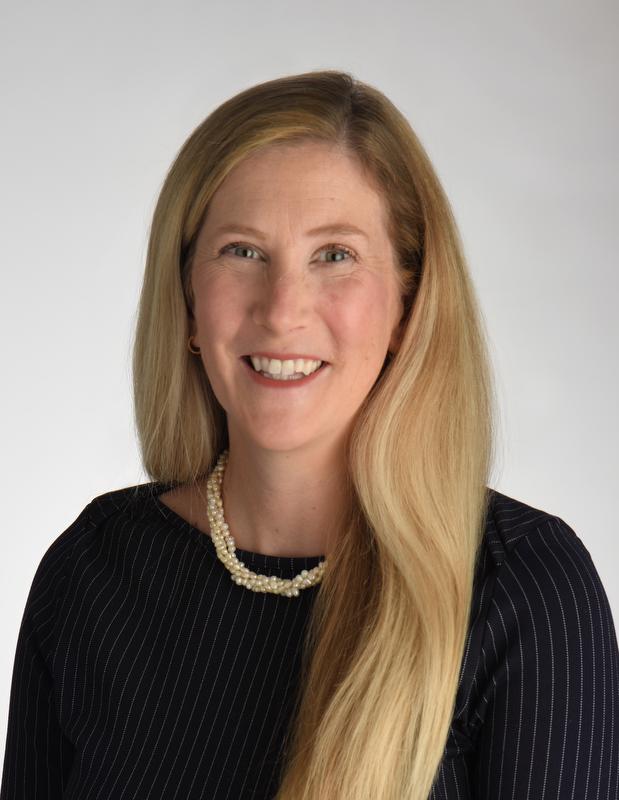 Funded Projects · News
Funded Projects · News
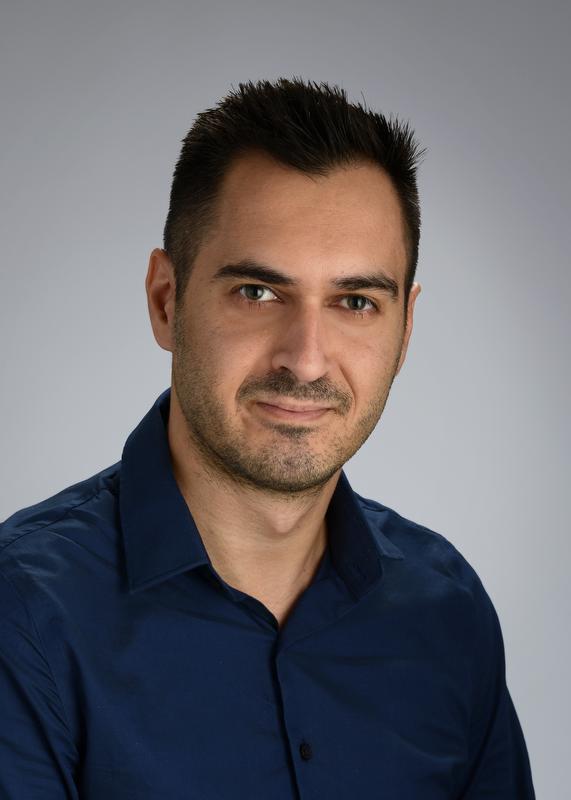 Funded Projects · News
Funded Projects · News
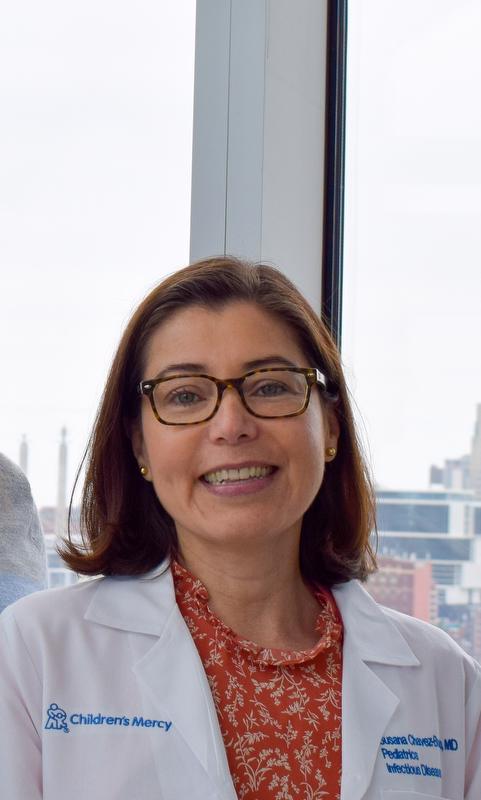 Funded Projects · News
Funded Projects · News
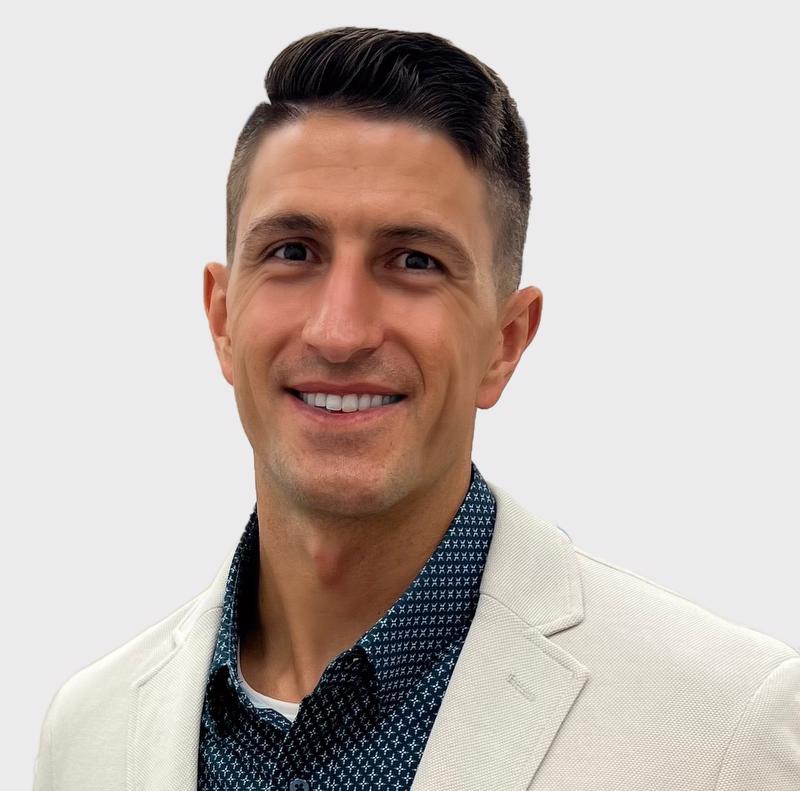 TL1 Trainee · News
TL1 Trainee · News
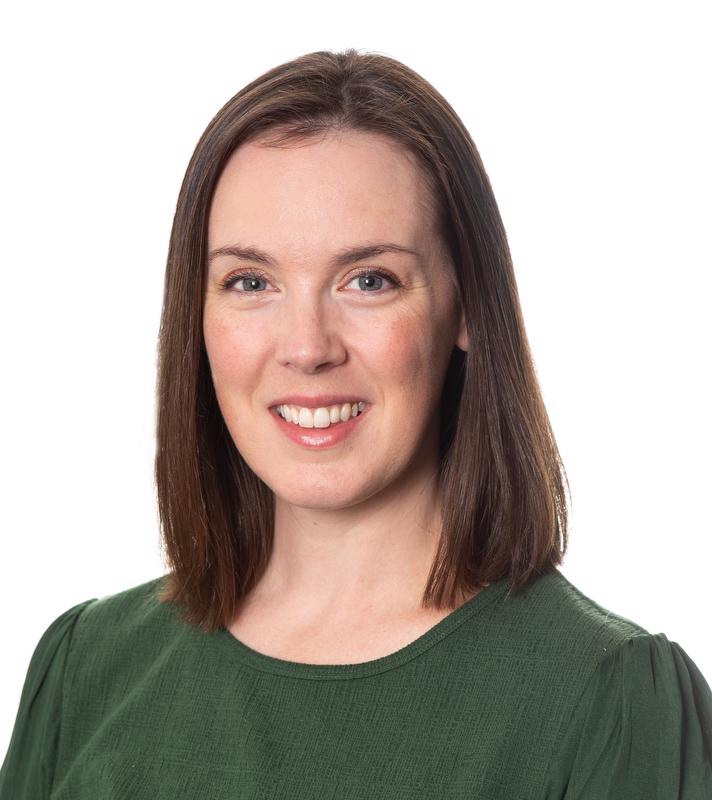 KL2 Scholar · News
KL2 Scholar · News
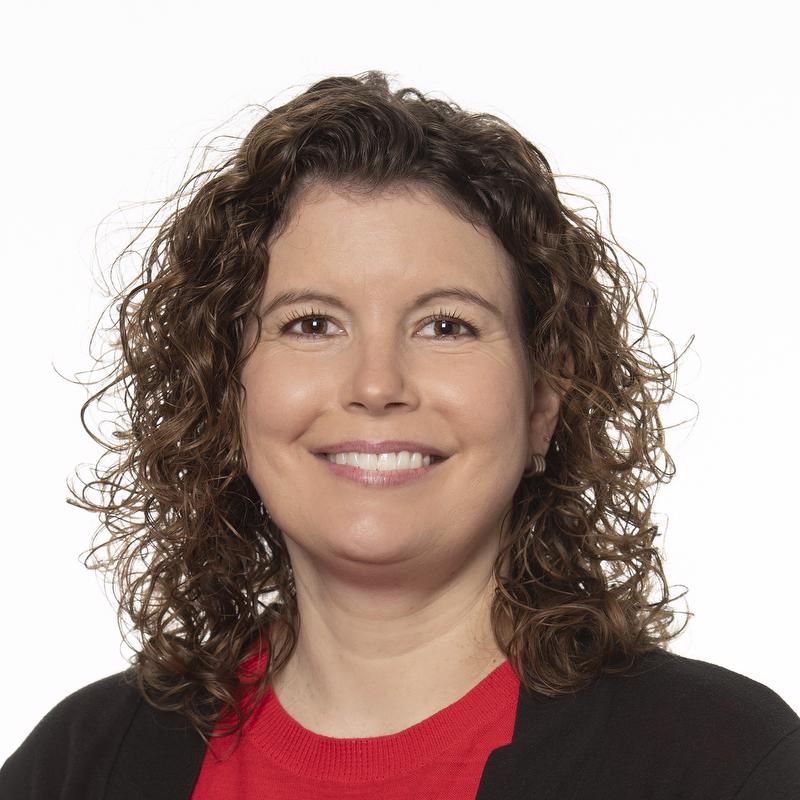 Funded Projects · News
Funded Projects · News
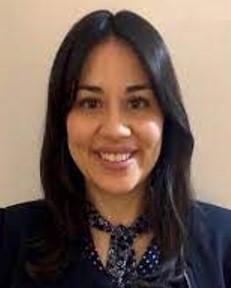 News
News
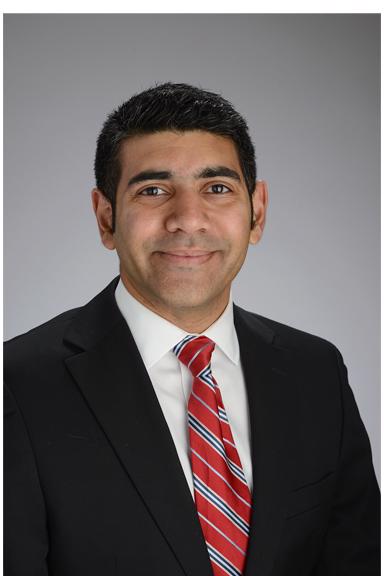 News
News
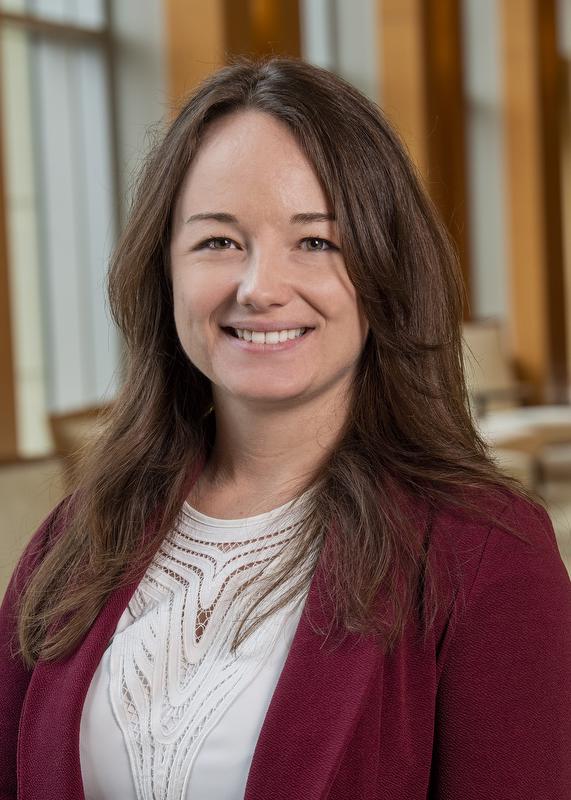 News
News
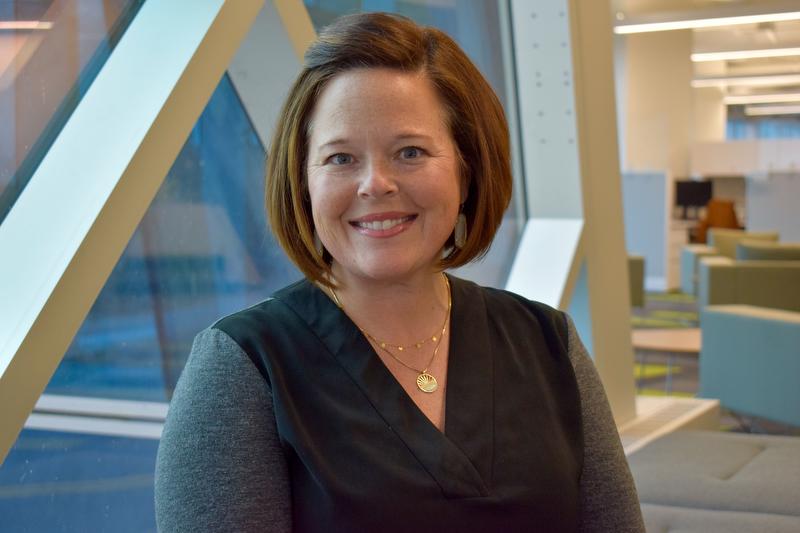 News
News
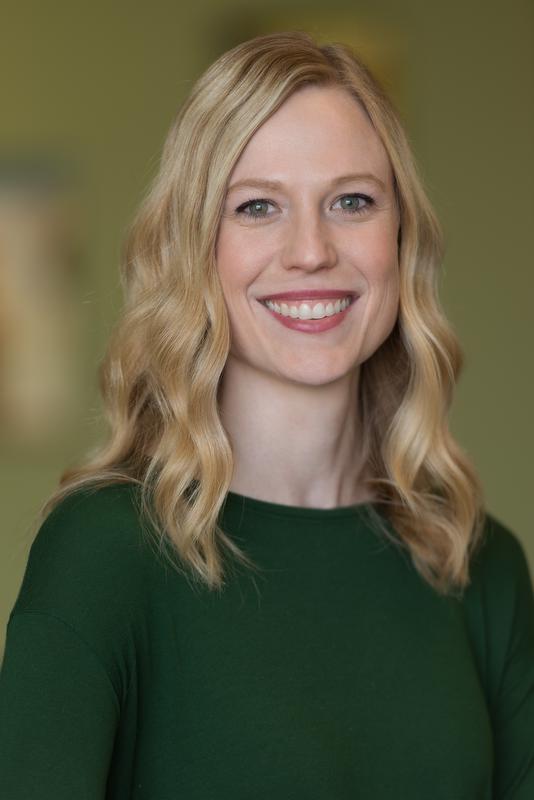 News
News
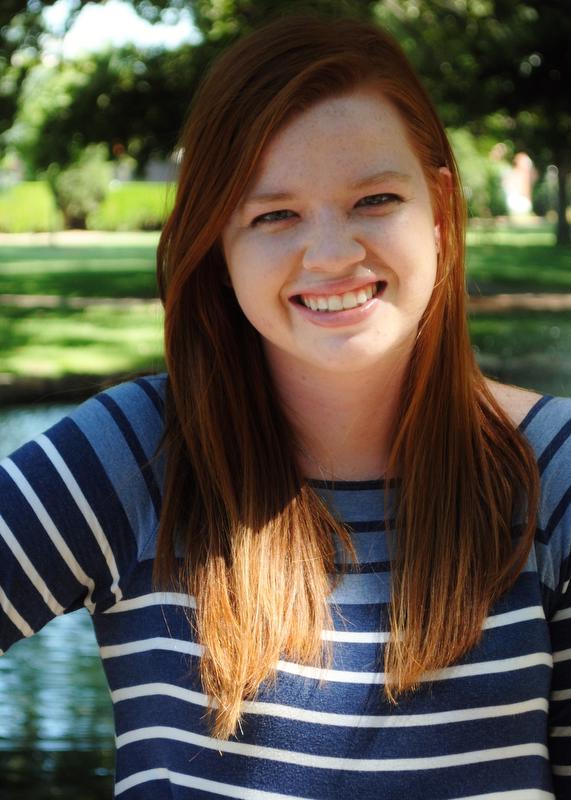 News
News
 News
News
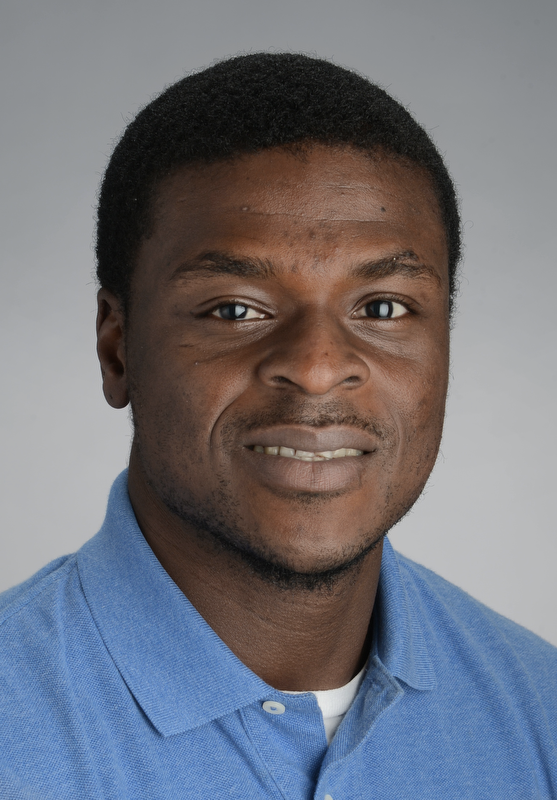 News
News
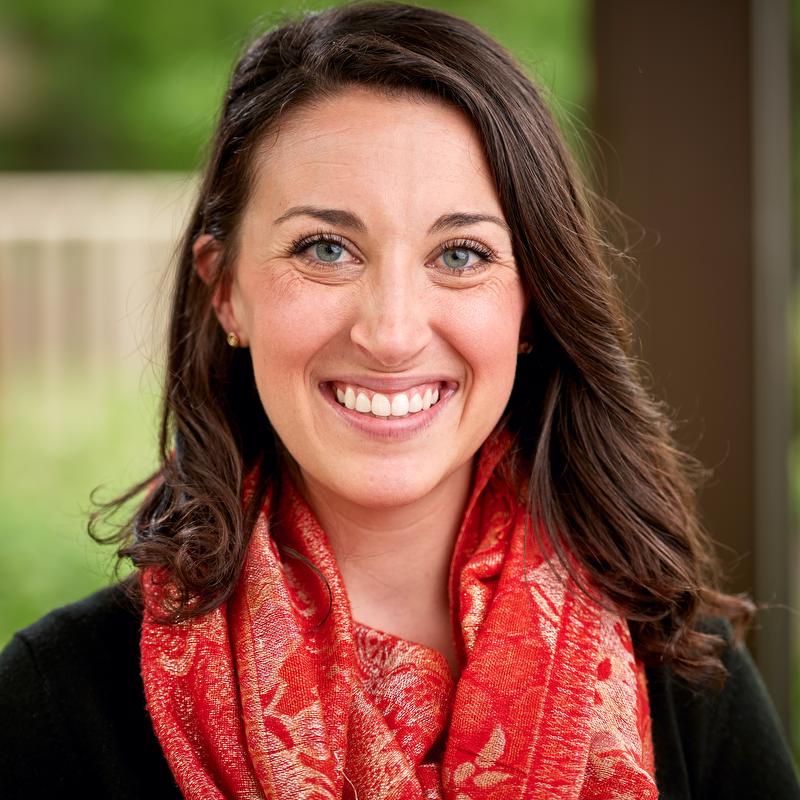 News
News
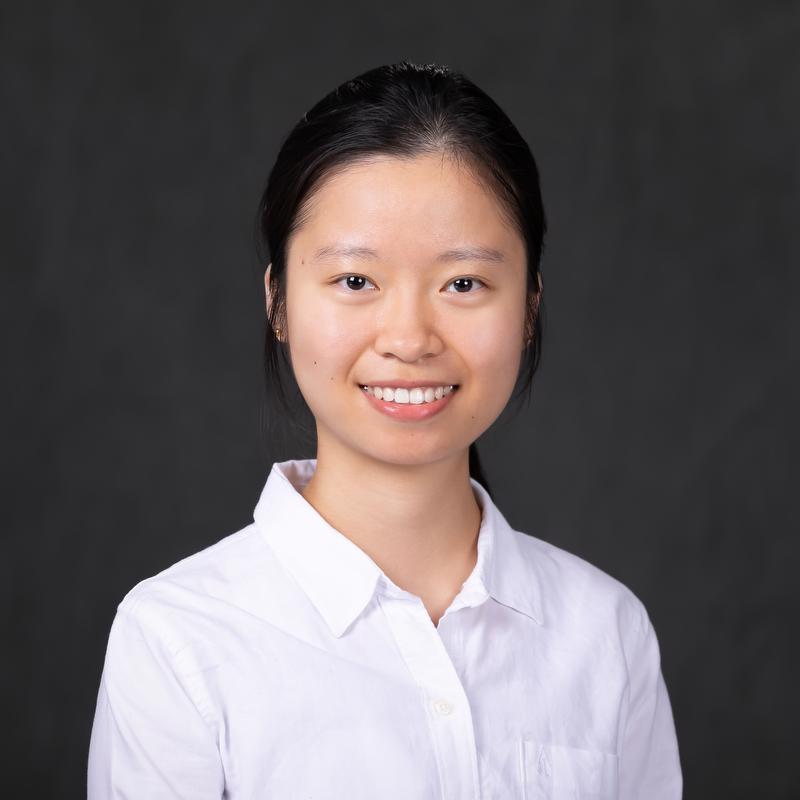 News
News
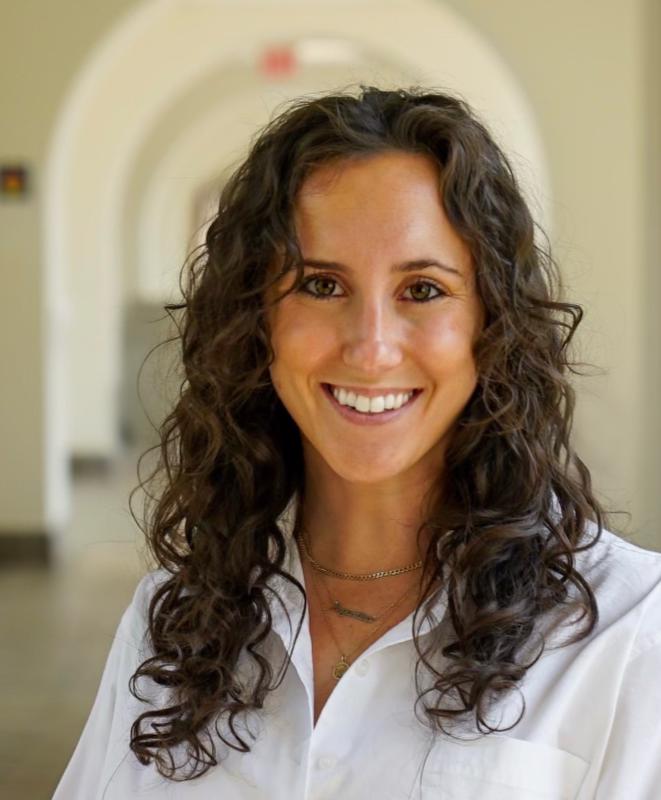 News
News
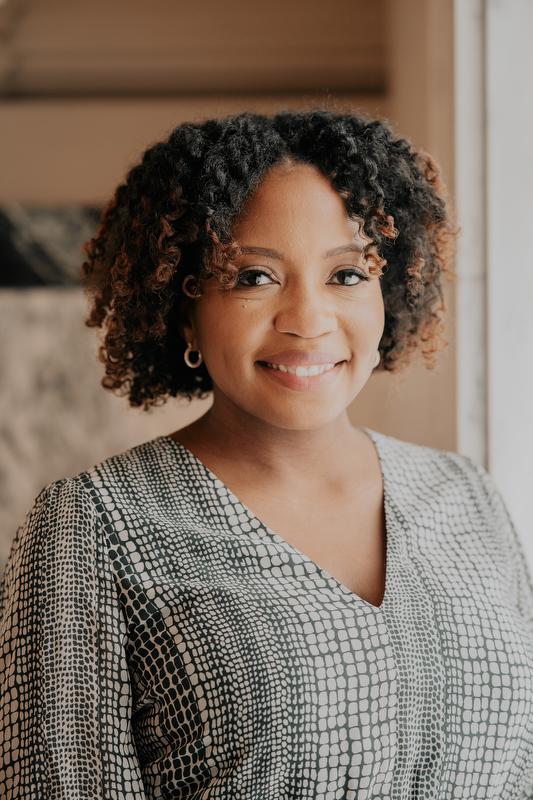 News
News
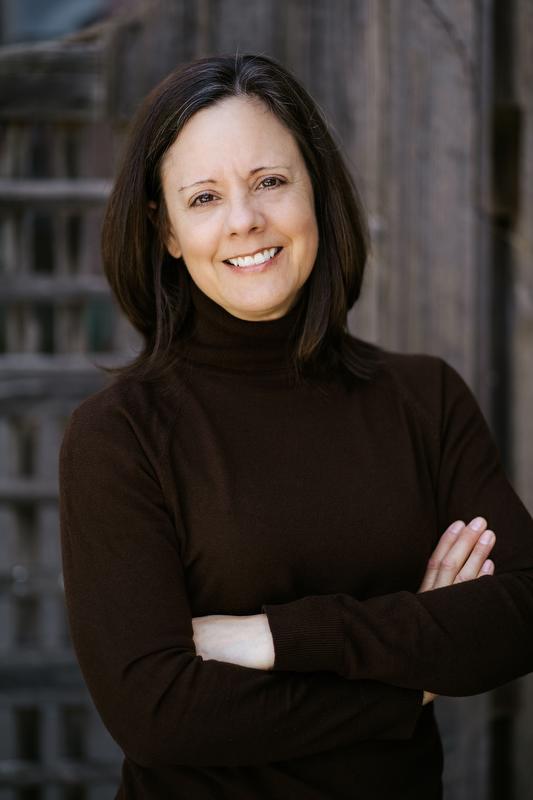 News
News
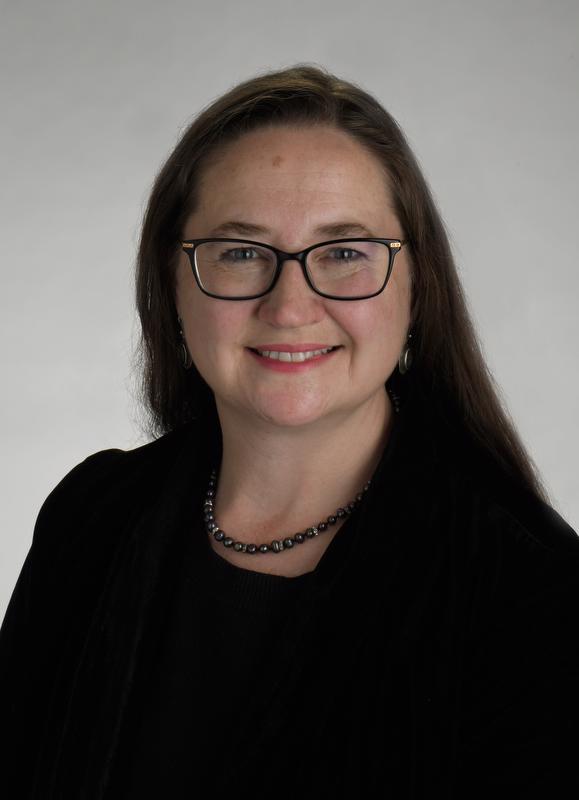 News
News
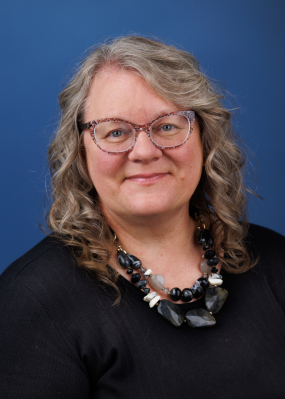 Funded Projects · News
Funded Projects · News
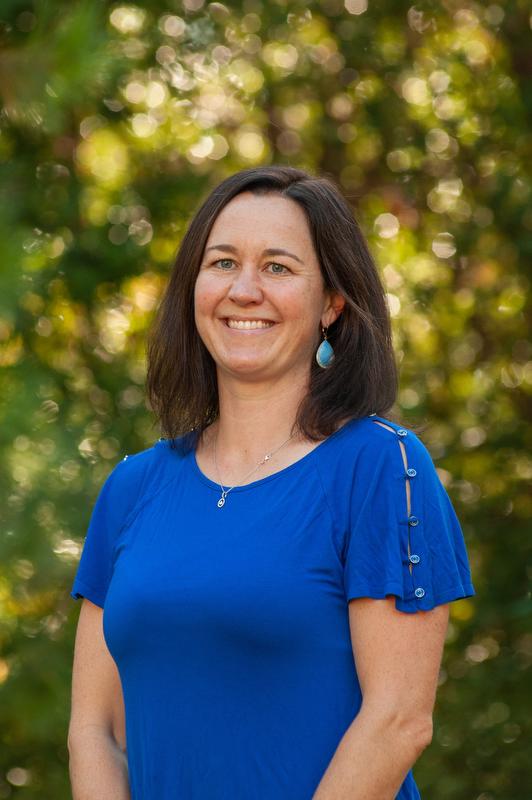 Funded Projects · News
Funded Projects · News
 KL2 Scholar · News
KL2 Scholar · News
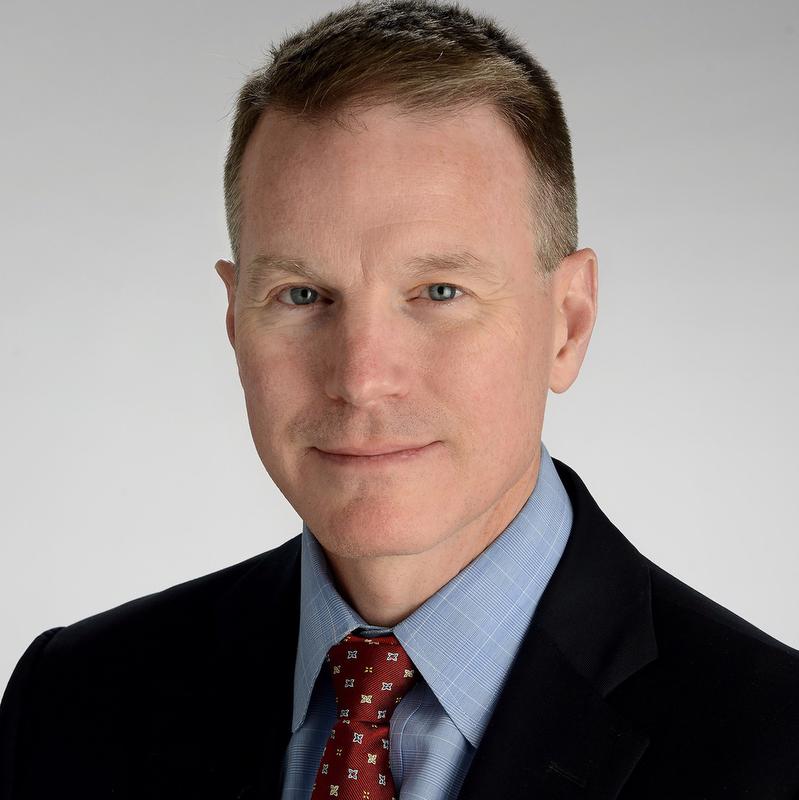 News
News
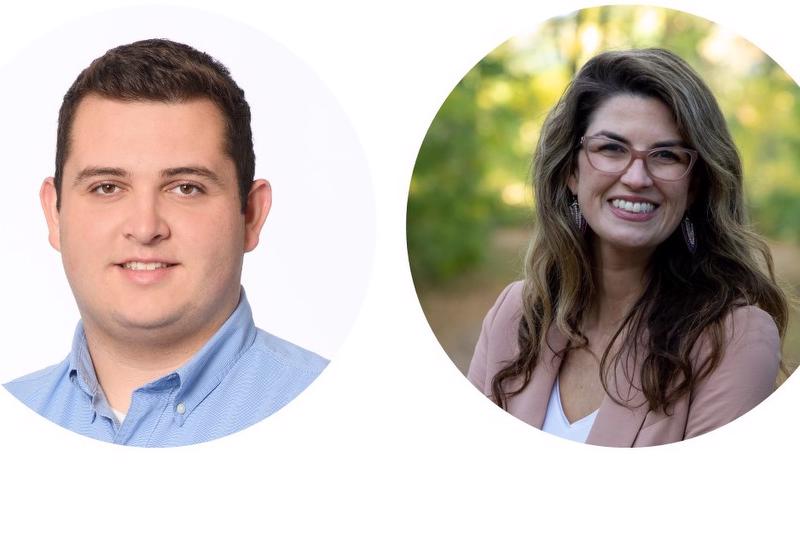 News
News
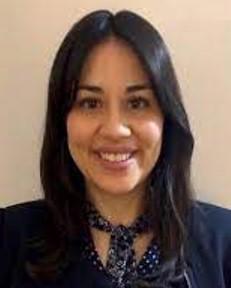 KL2 Scholar · News
KL2 Scholar · News
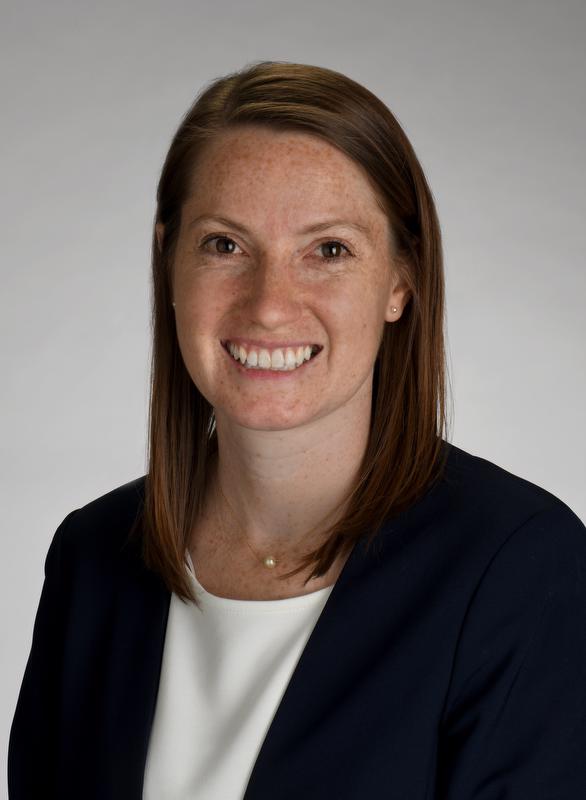 KL2 Scholar
KL2 Scholar
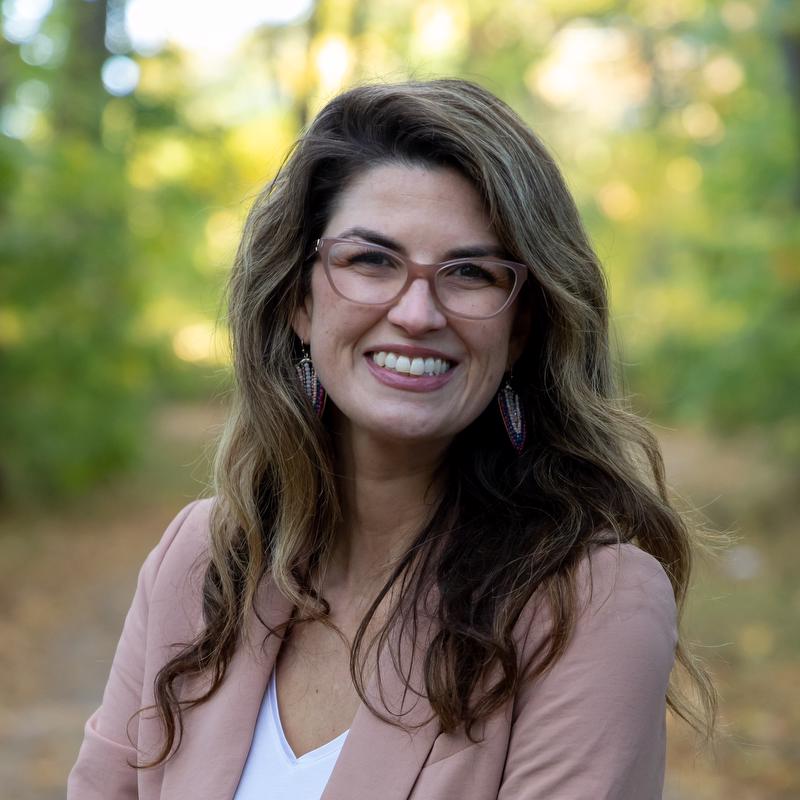 News
News
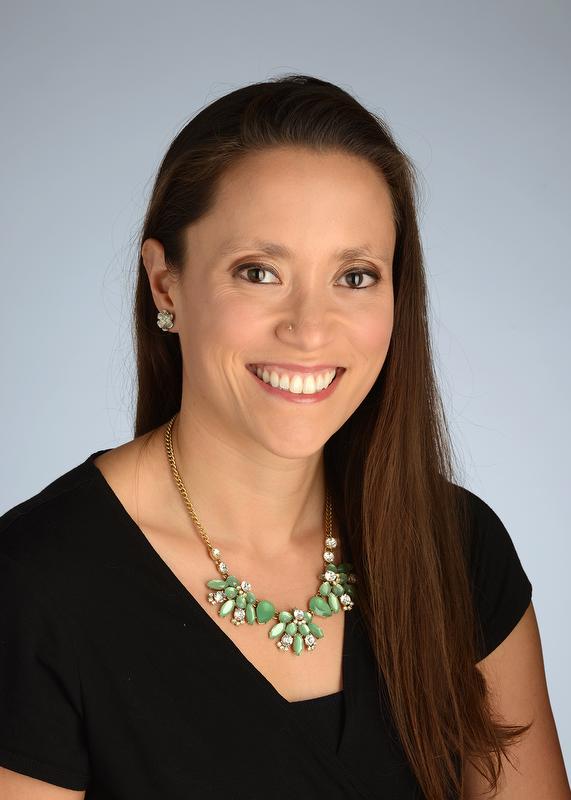 News
News
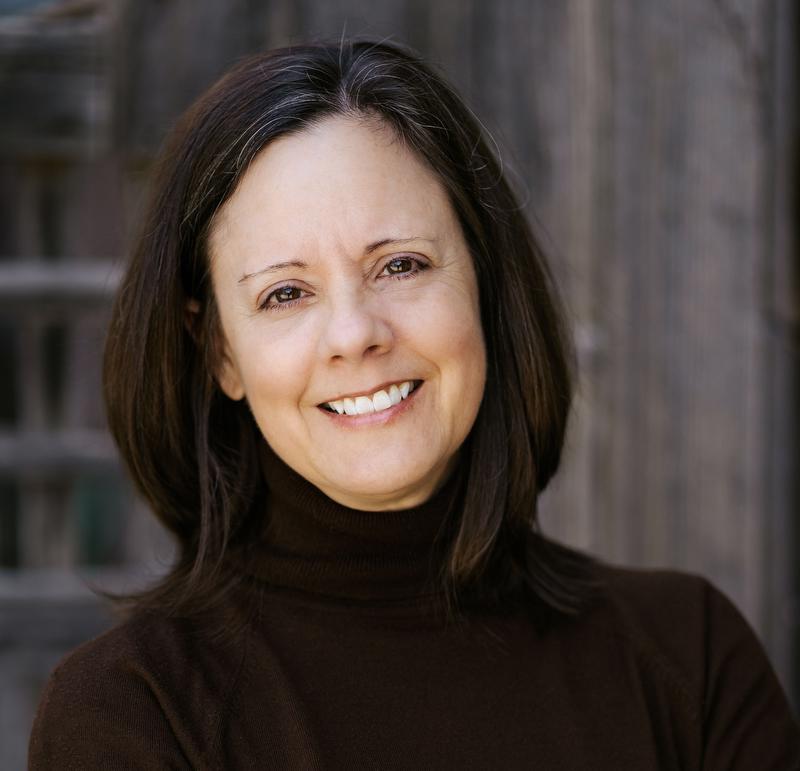 KL2 Scholar · News
KL2 Scholar · News
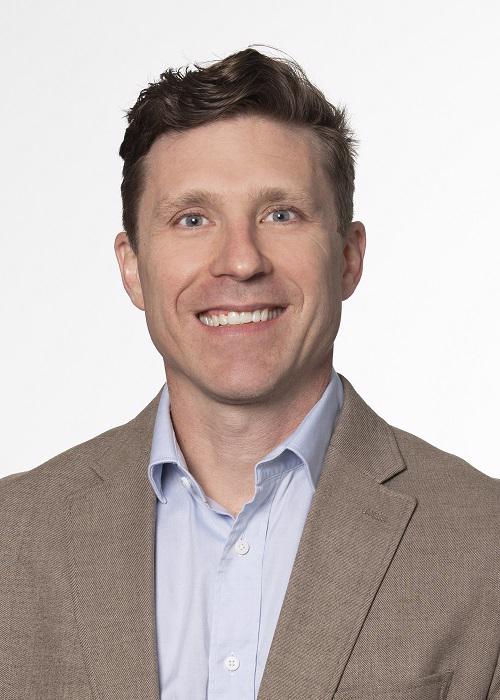 News
News
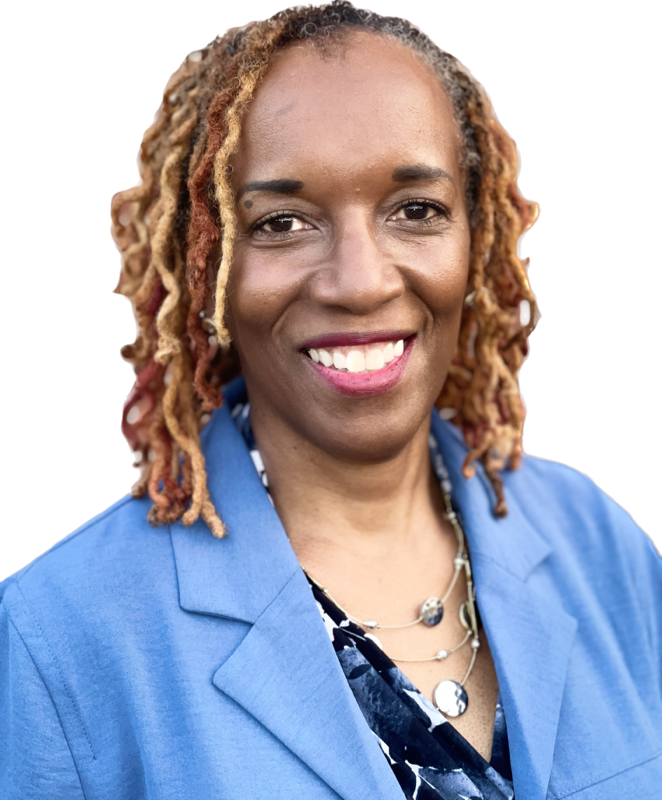 News · In the Community · Funded Projects
News · In the Community · Funded Projects
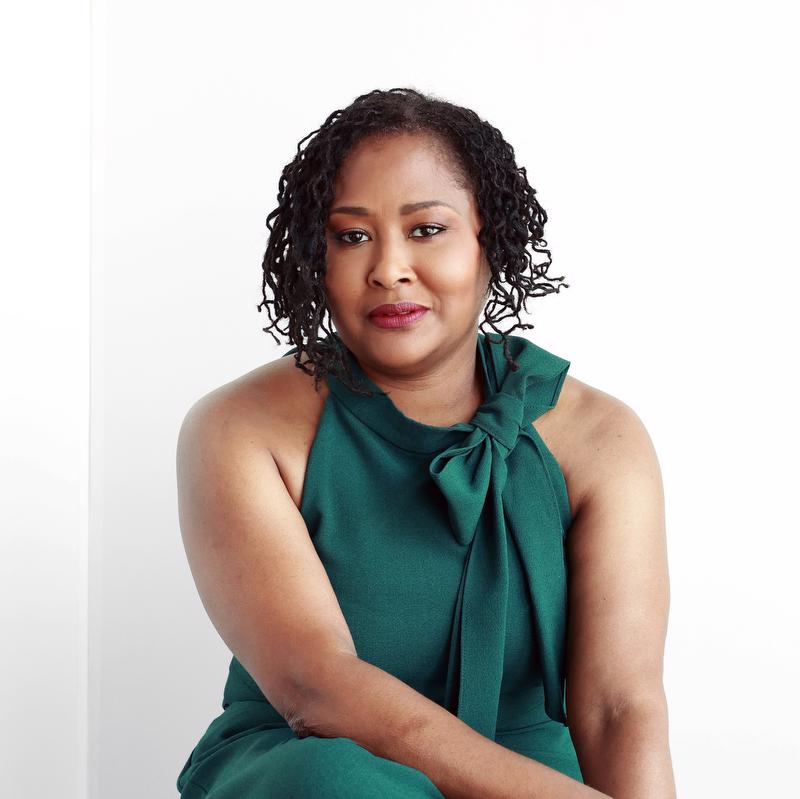 Funded Projects · News
Funded Projects · News
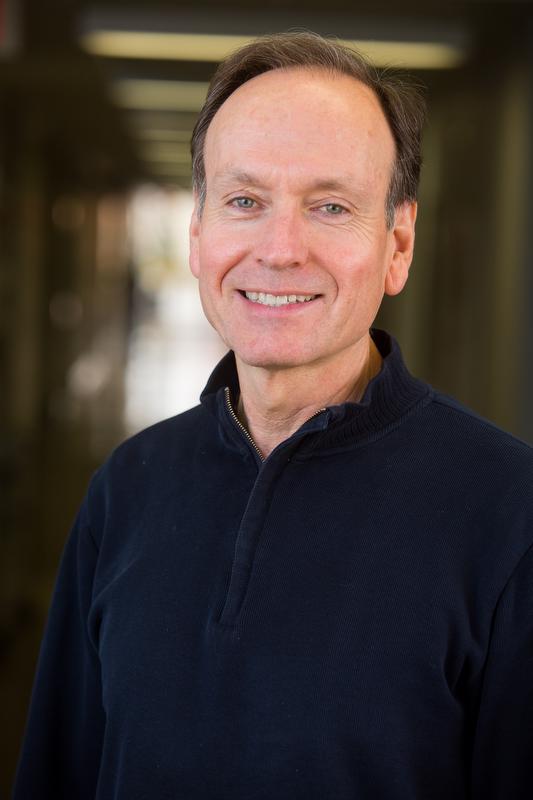 Funded Projects · News
Funded Projects · News
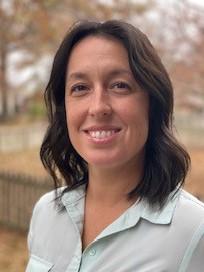 Funded Projects · News
Funded Projects · News
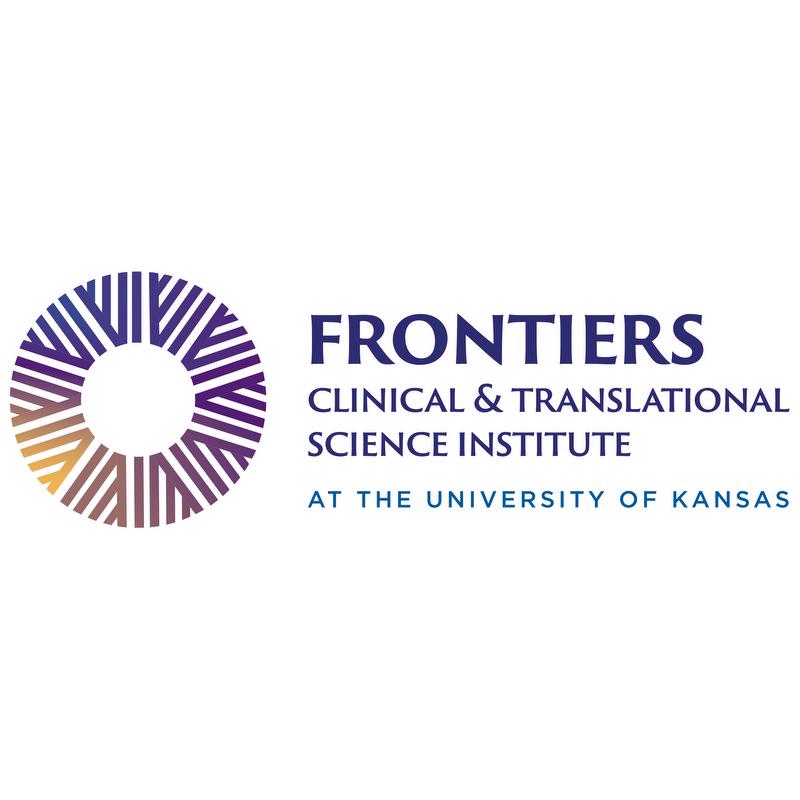 Funded Projects · News
Funded Projects · News
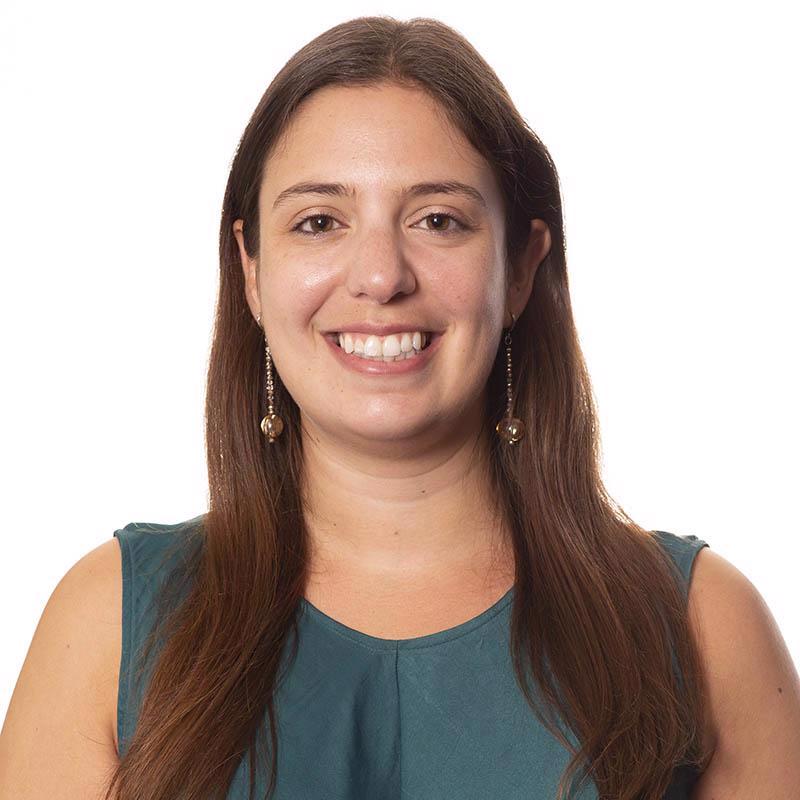 News
News
 Funded Projects · News
Funded Projects · News

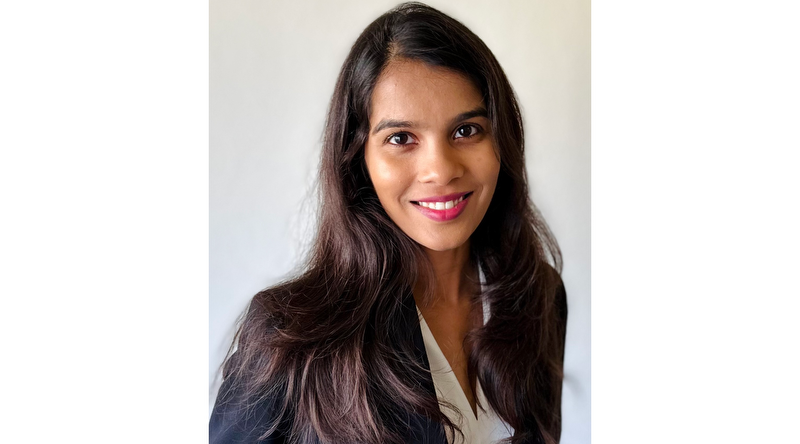 TL1 Trainee · News
TL1 Trainee · News
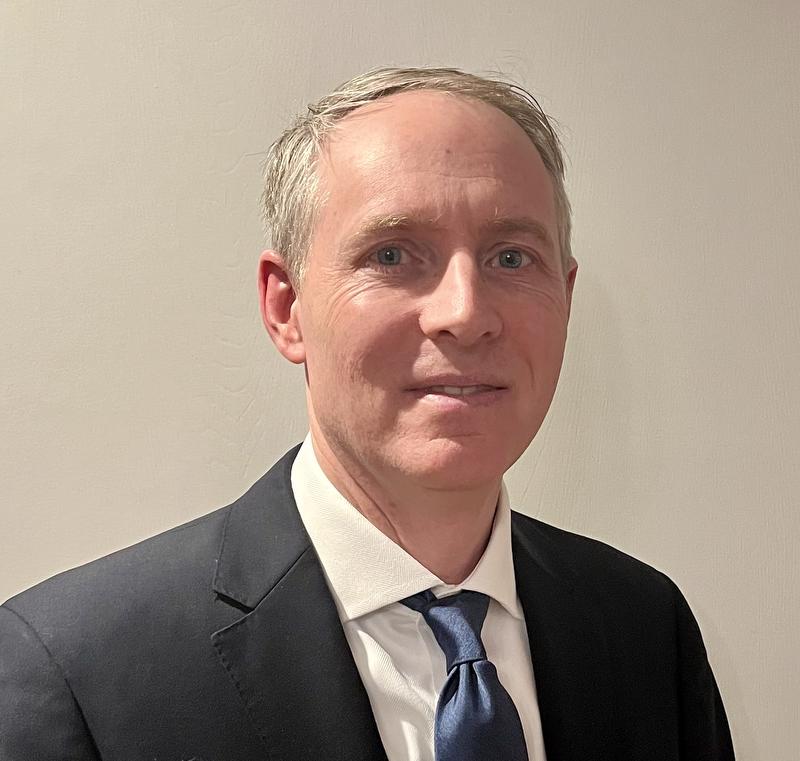 Funded Projects · News
Funded Projects · News
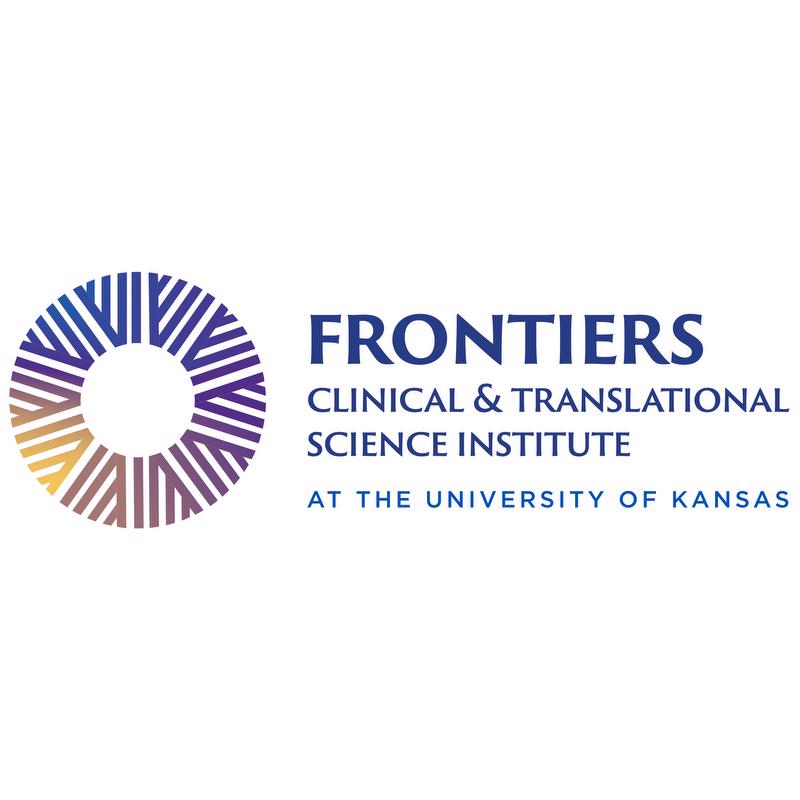 Events · News
Events · News
 Funded Projects · News
Funded Projects · News
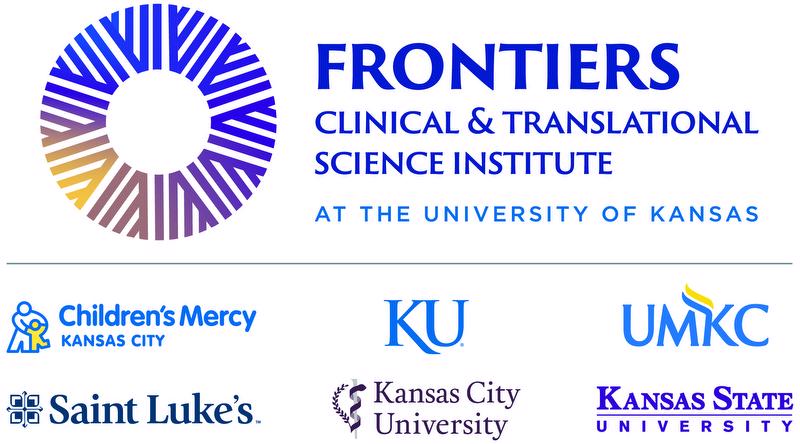
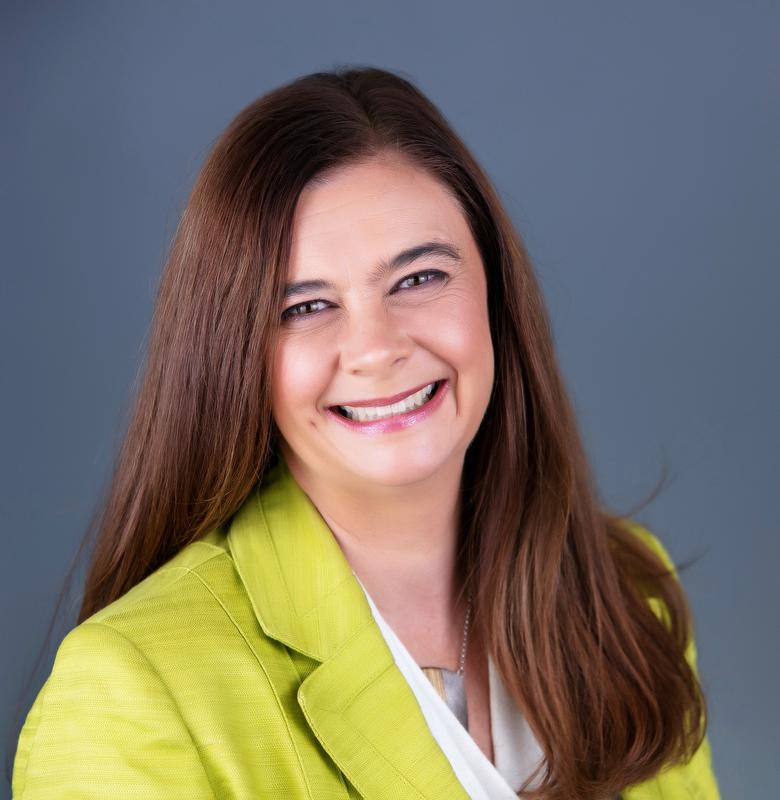 Funded Projects · News
Funded Projects · News
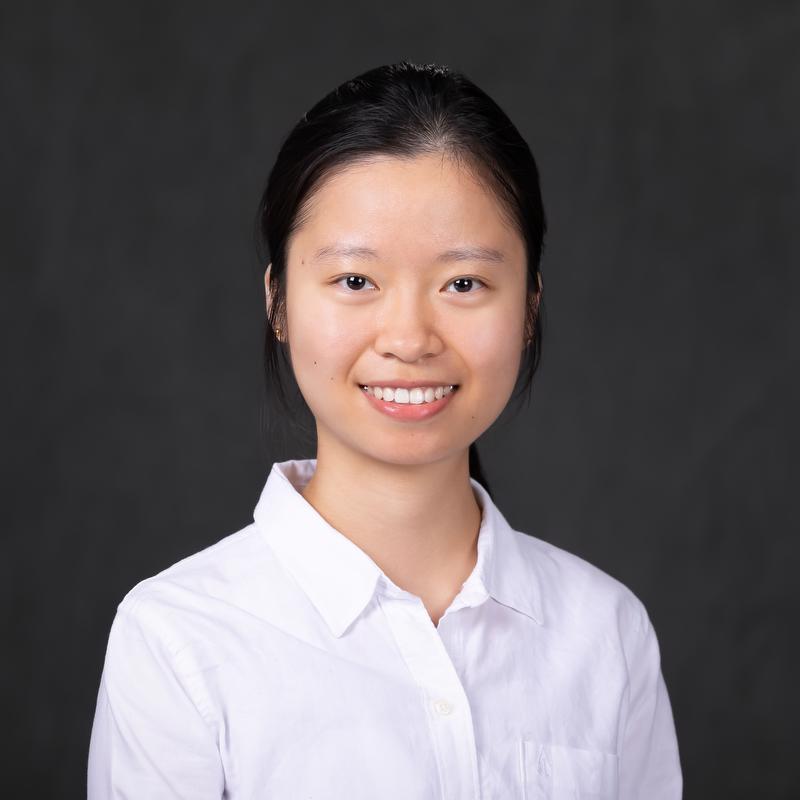 TL1 Trainee · News
TL1 Trainee · News
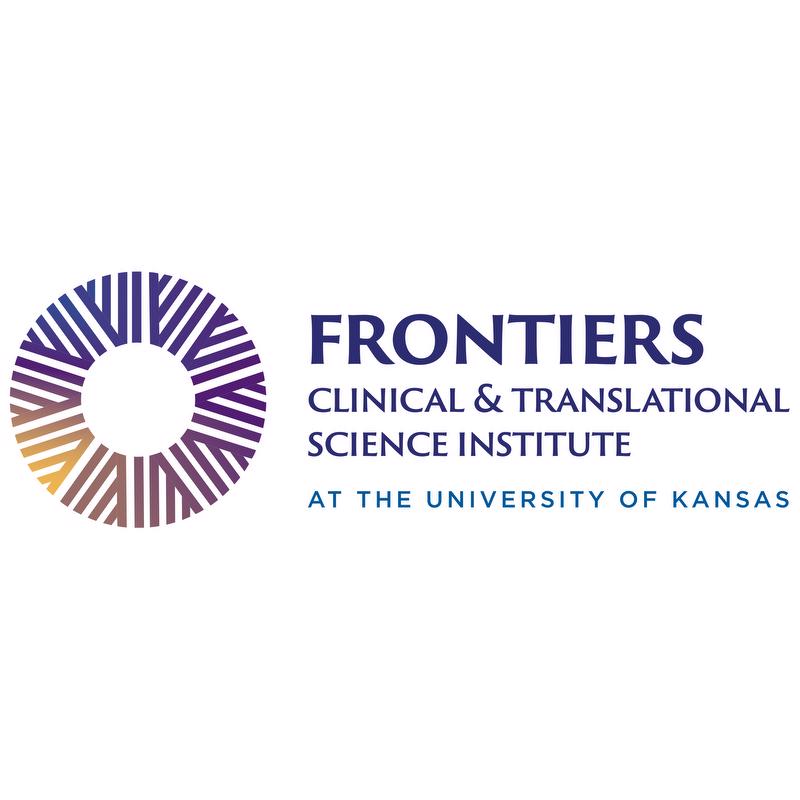 News · In the Community · Funded Projects
News · In the Community · Funded Projects
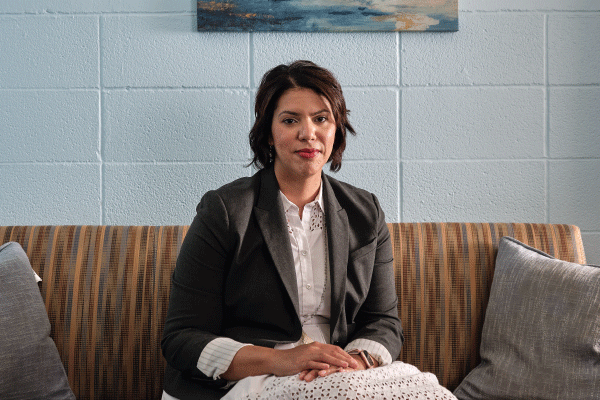 Funded Projects · News
Funded Projects · News
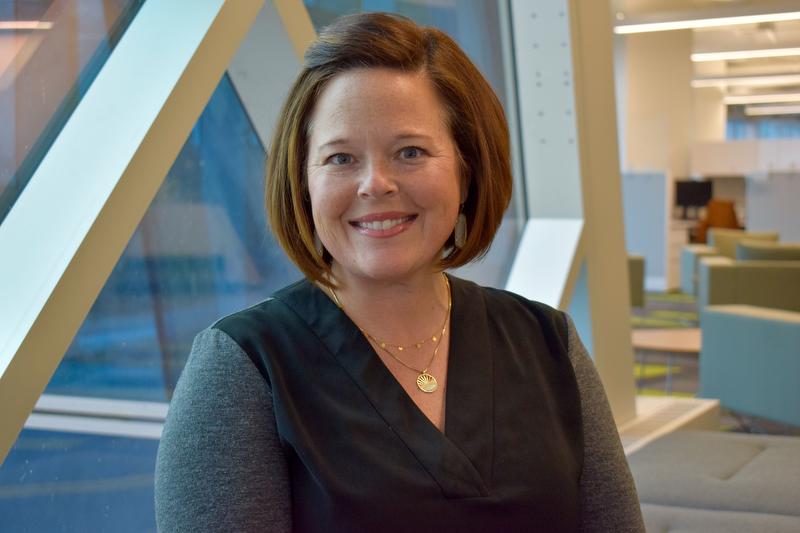 KL2 Scholar · News
KL2 Scholar · News
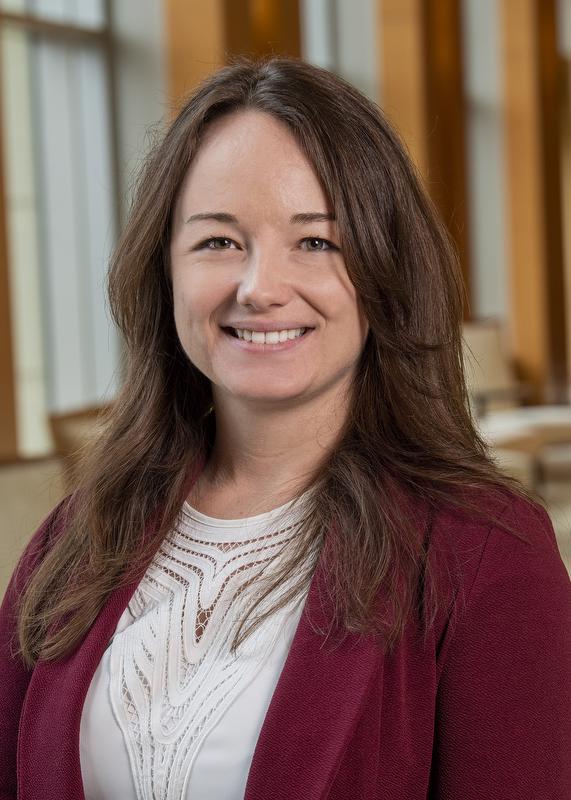 TL1 Trainee · News
TL1 Trainee · News
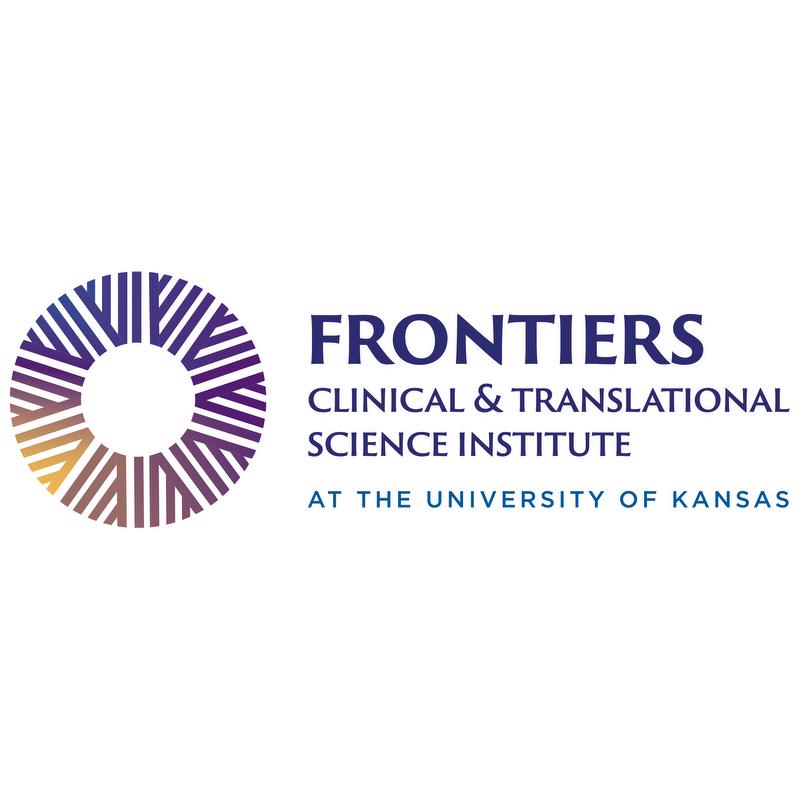 News
News
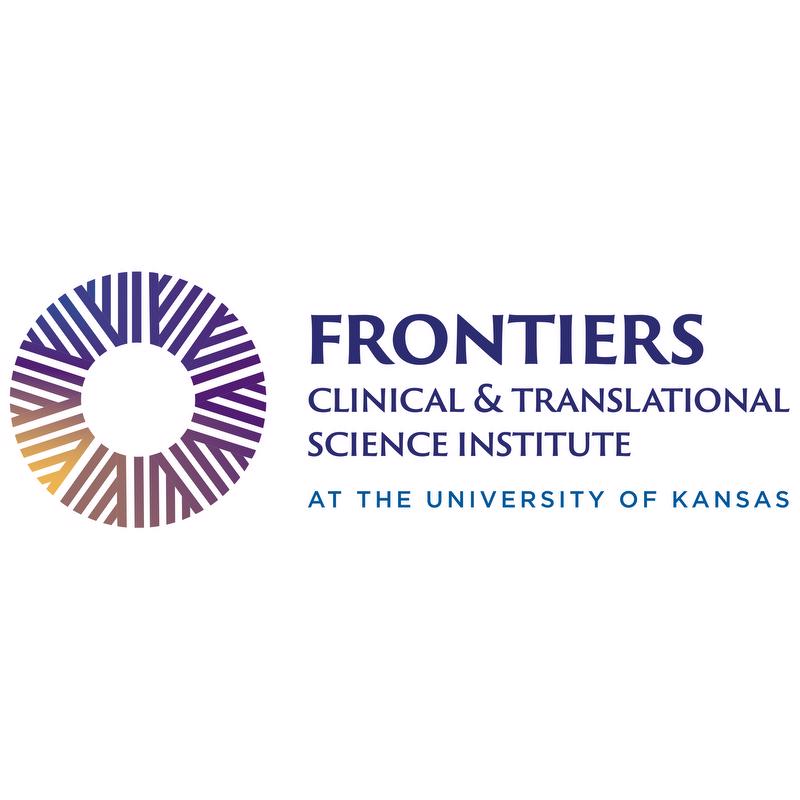 News
News
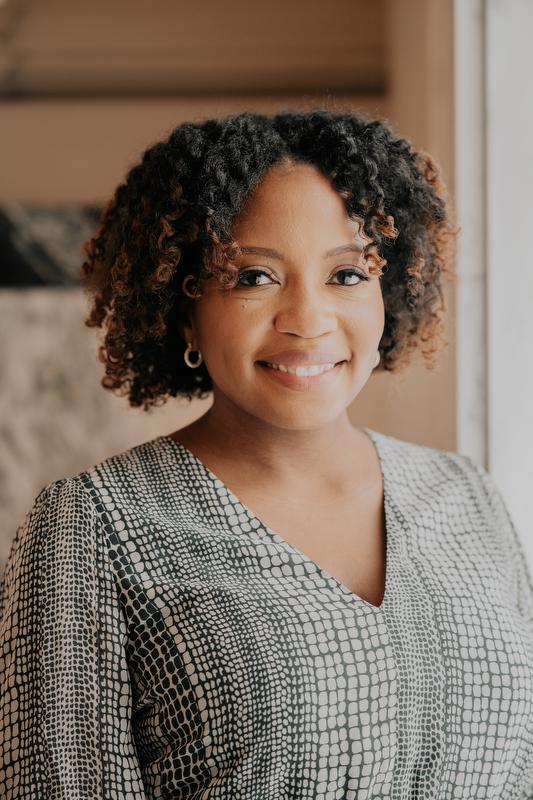 KL2 Scholar · News
KL2 Scholar · News
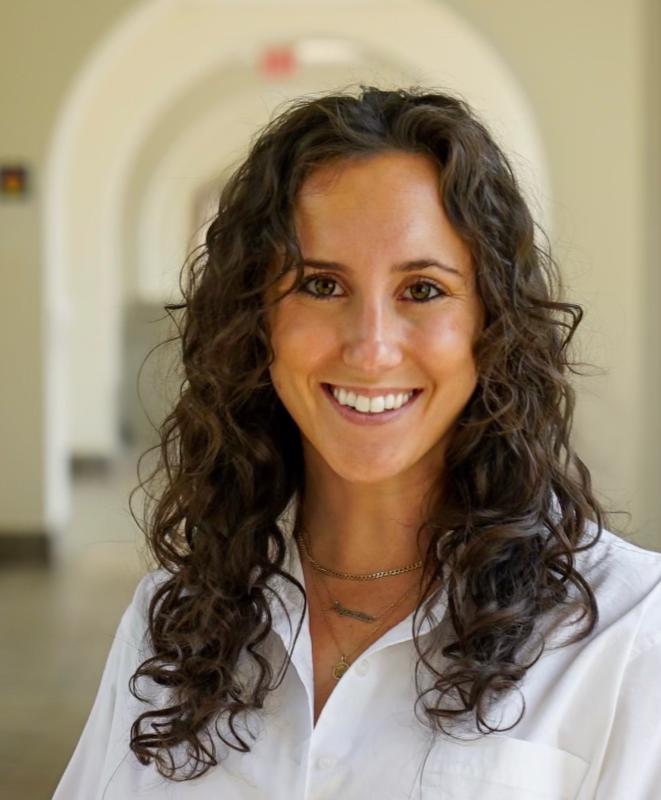 TL1 Trainee · News
TL1 Trainee · News
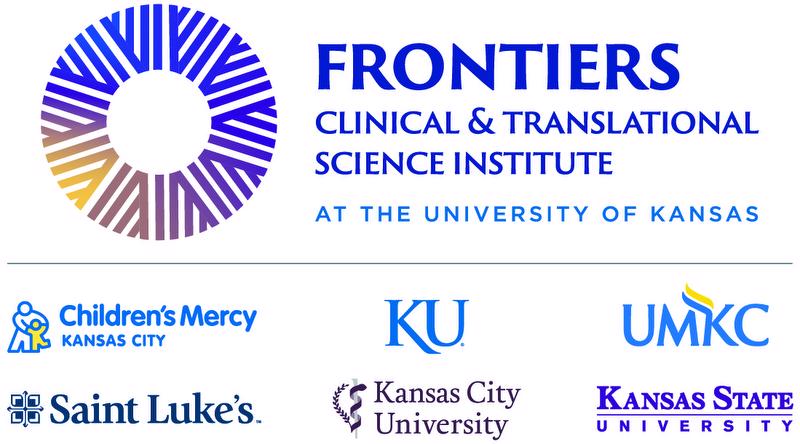 News
News
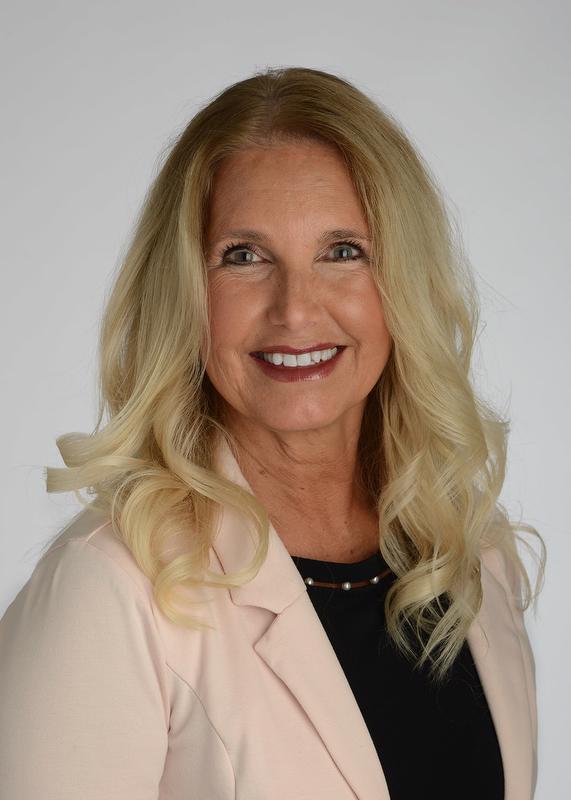 News
News
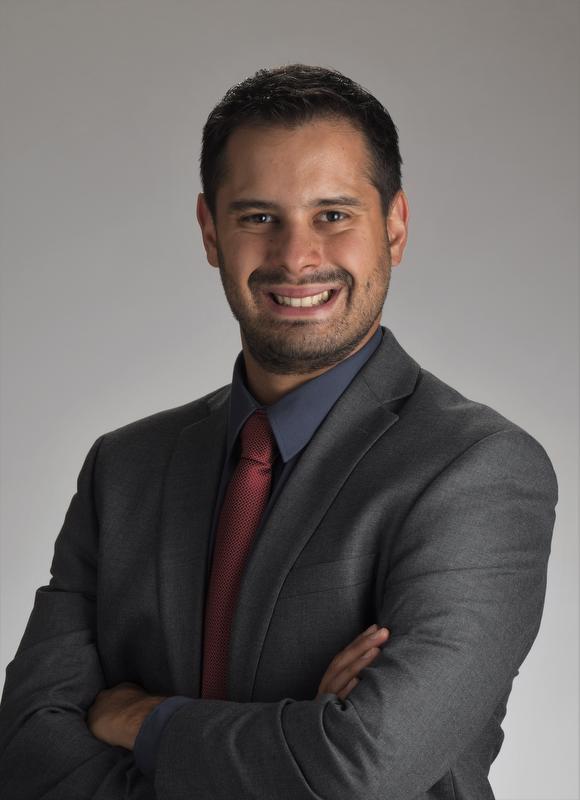 Funded Projects · News
Funded Projects · News
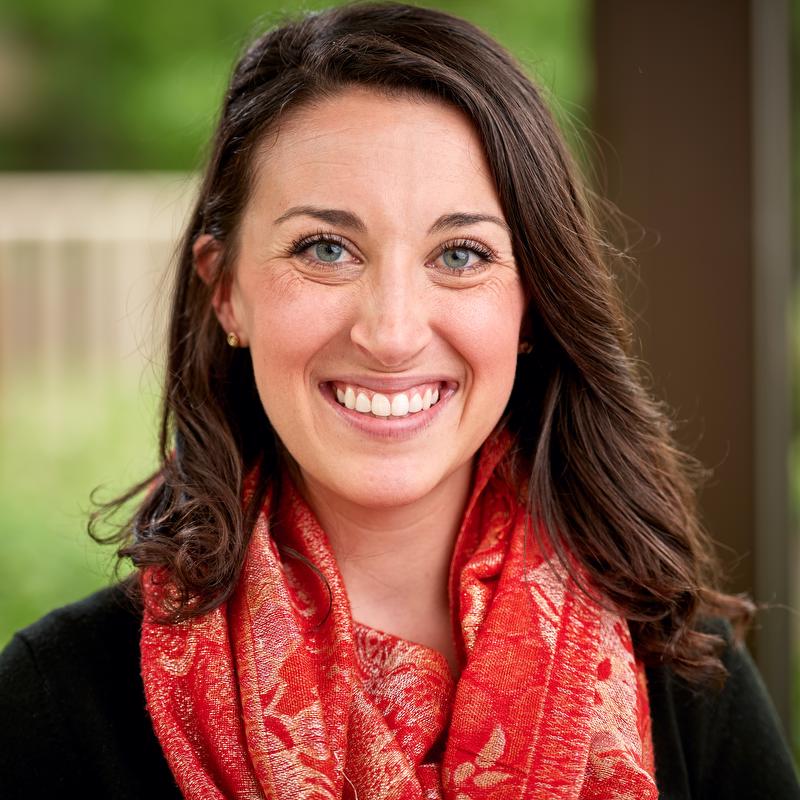 Events · News
Events · News
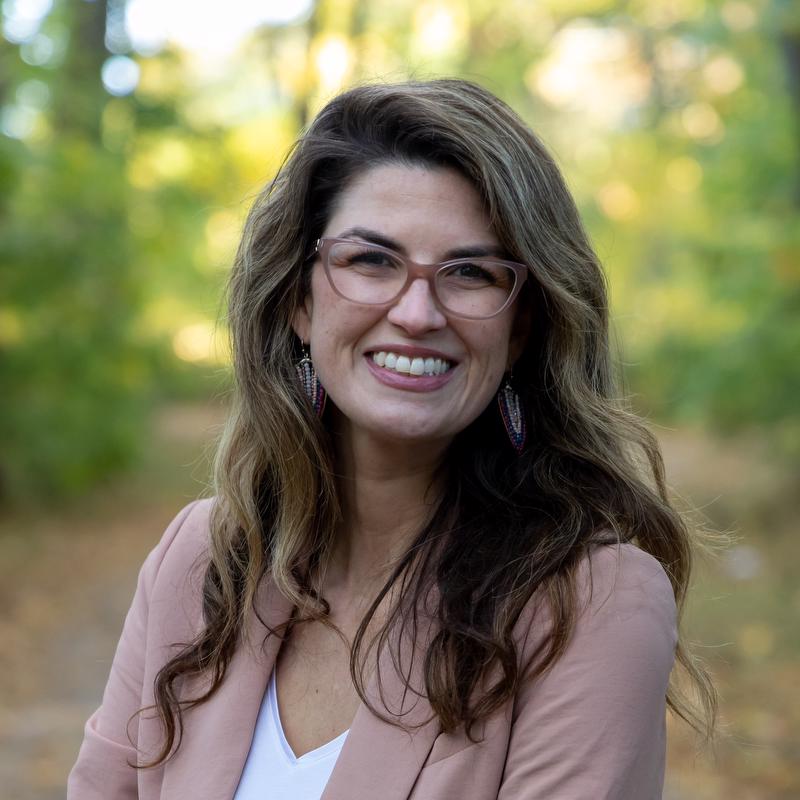
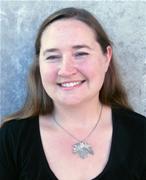 KL2 Scholar · News
KL2 Scholar · News
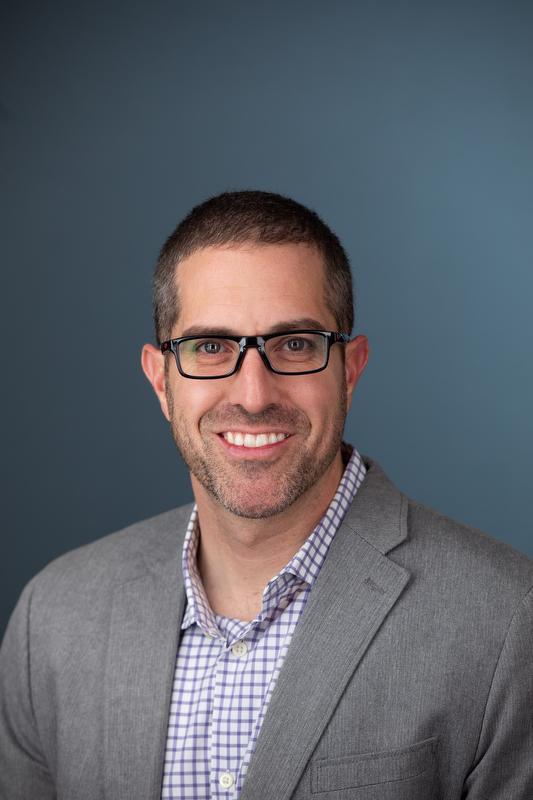 News
News

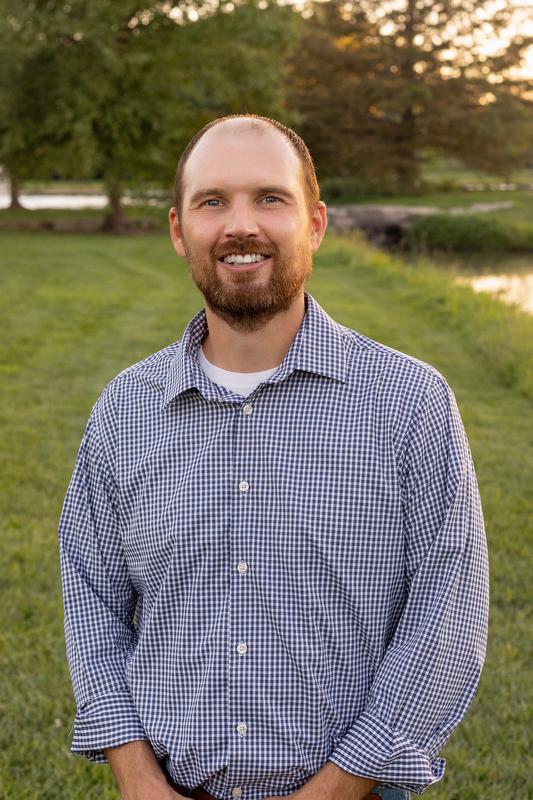 Funded Projects · News
Funded Projects · News
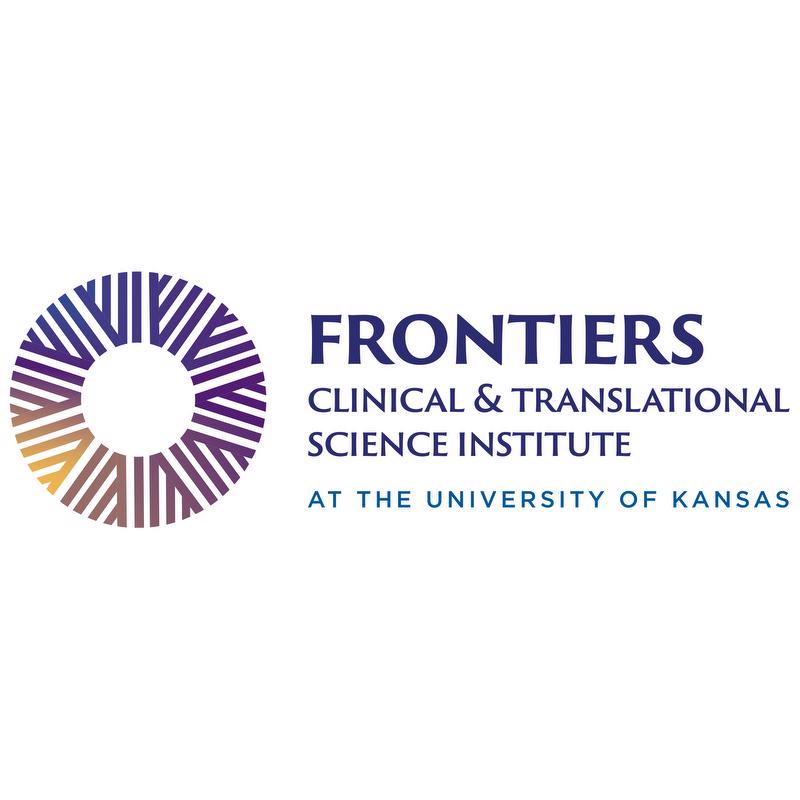 News
News
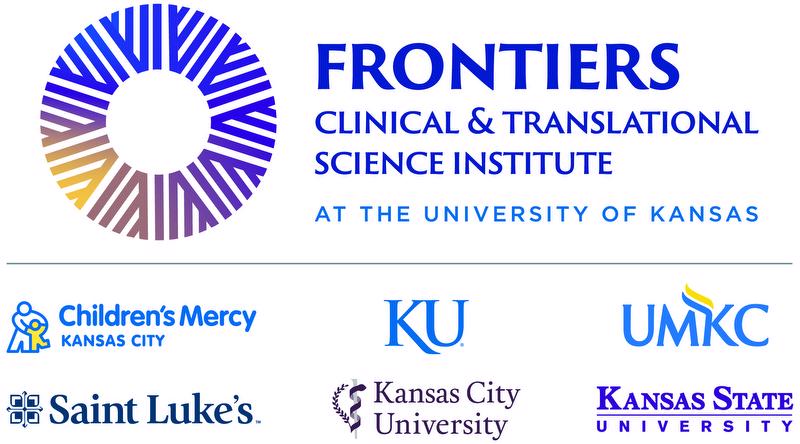 Partner News · News
Partner News · News
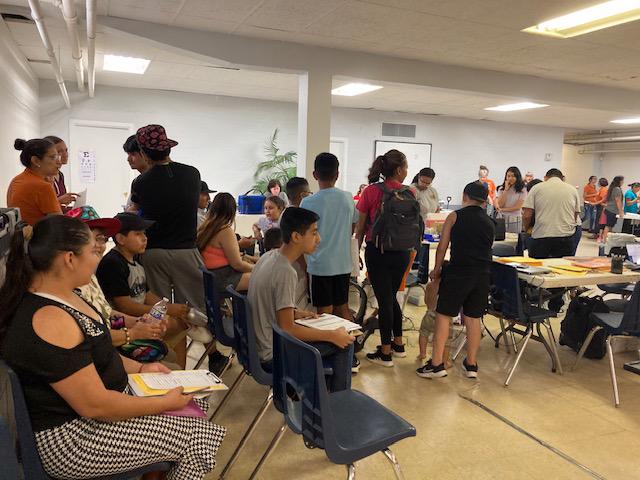 News · In the Community
News · In the Community
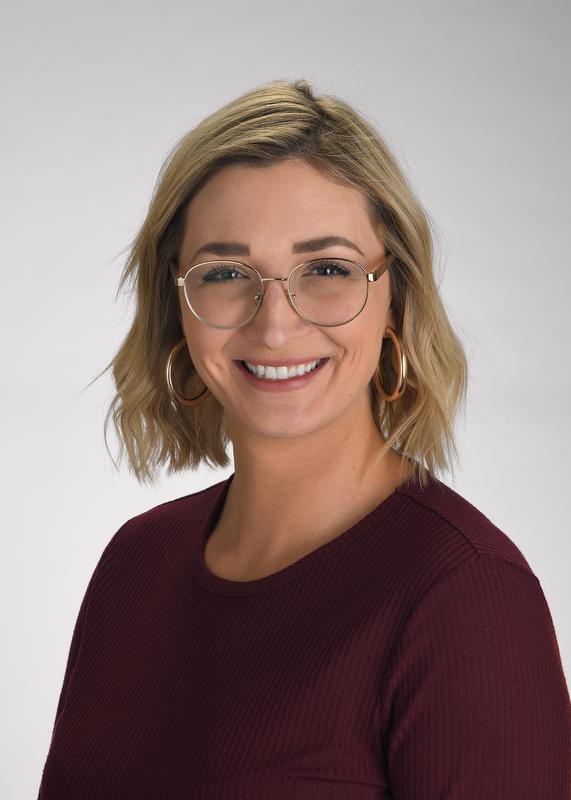
 0
0

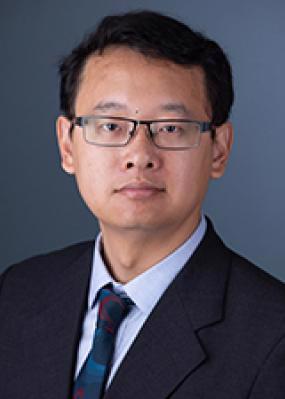 Funded Projects · News
Funded Projects · News
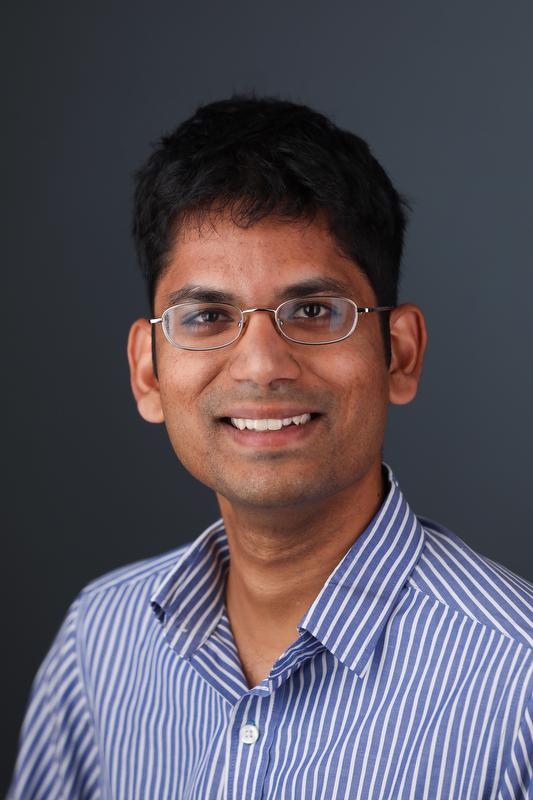 Funded Projects · News
Funded Projects · News
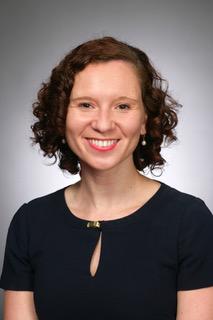 News
News
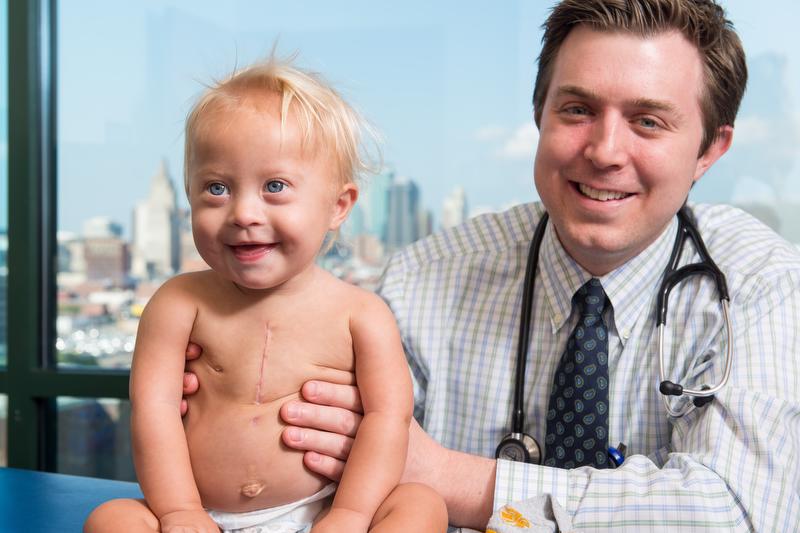 Funded Projects · News
Funded Projects · News
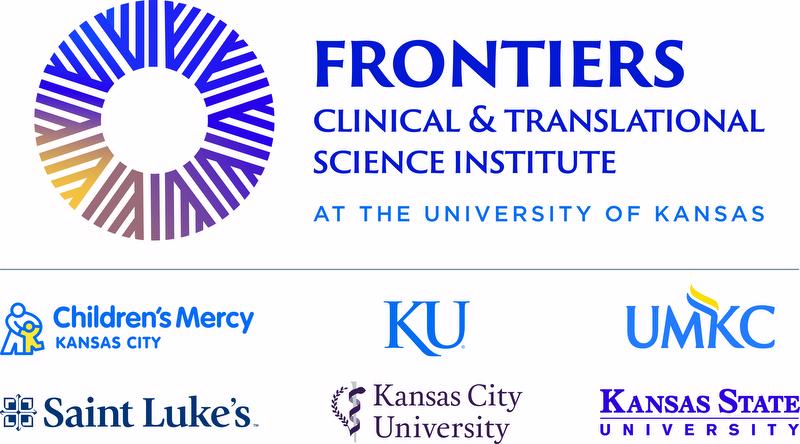 Funded Projects · News
Funded Projects · News
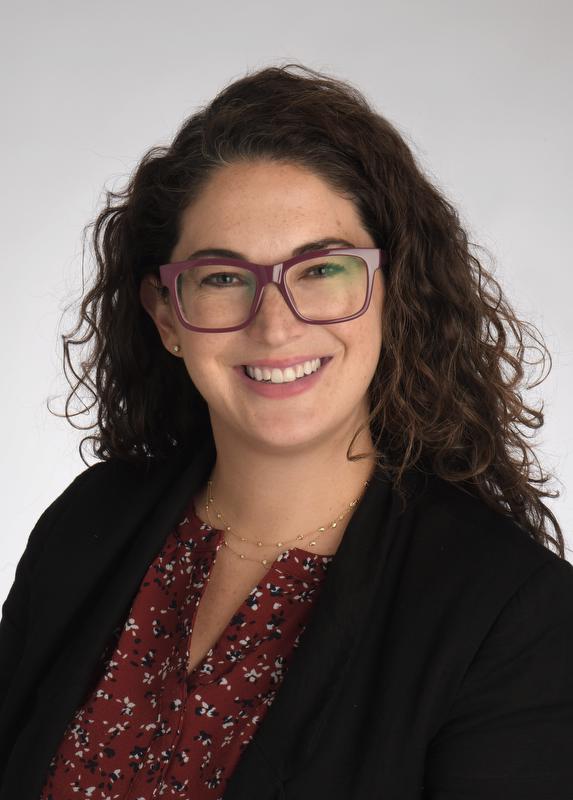 News
News
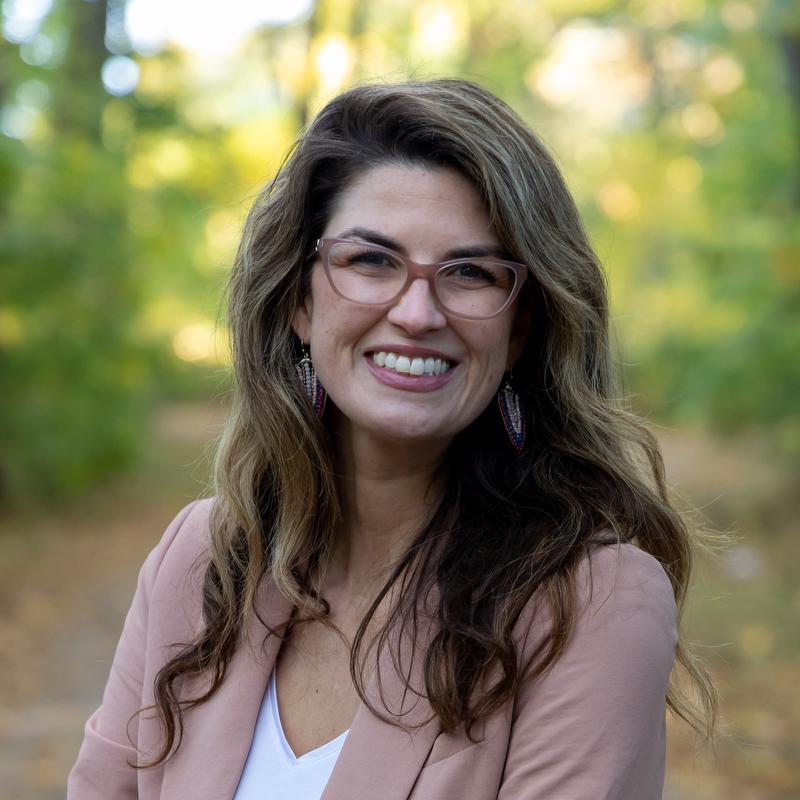 Events · News
Events · News
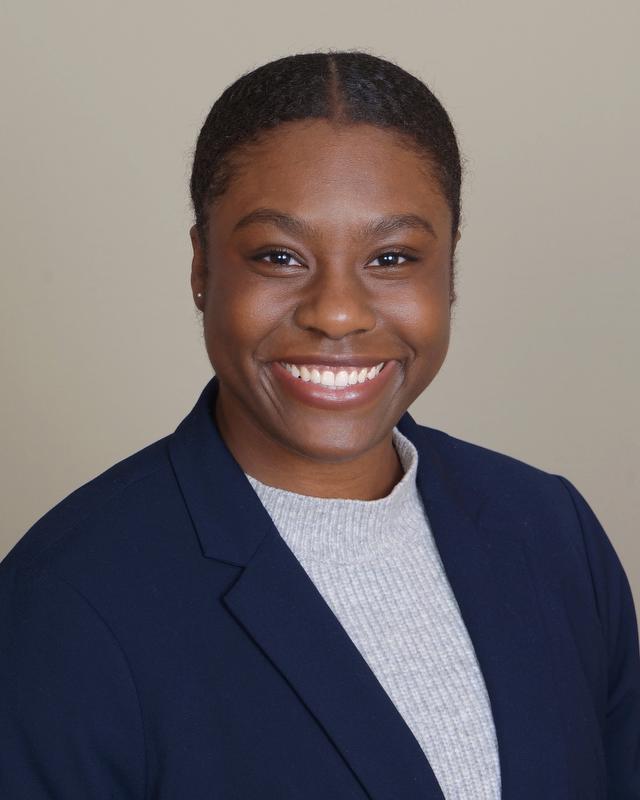 TL1 Trainee · News
TL1 Trainee · News
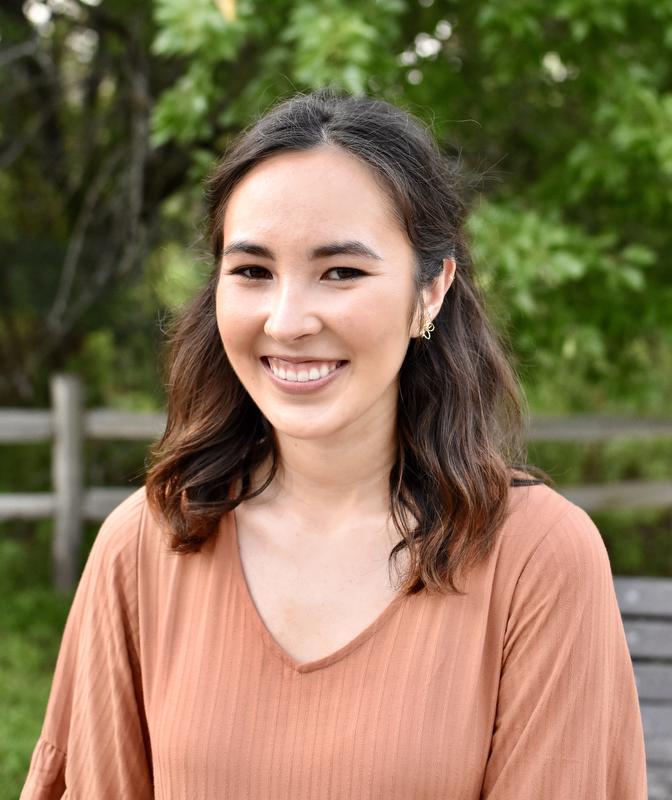 TL1 Trainee · News
TL1 Trainee · News
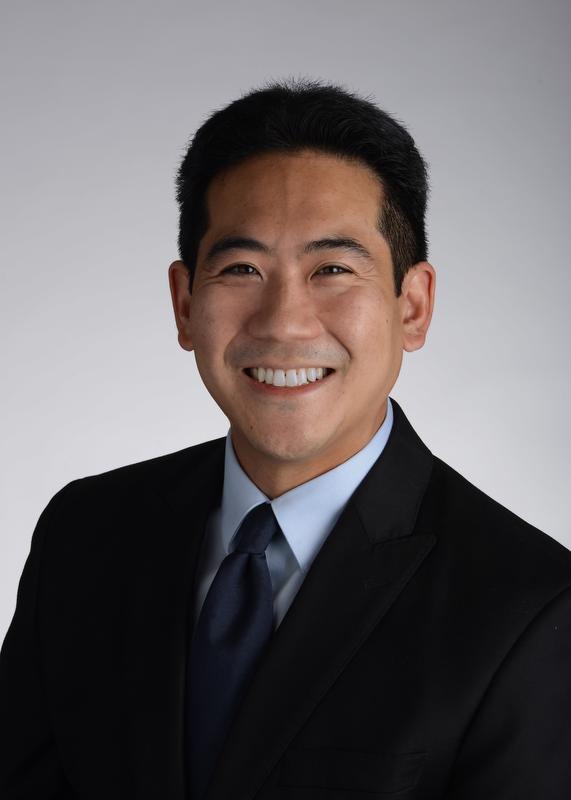 News
News
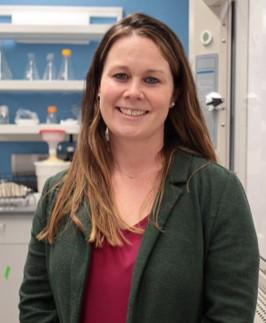 Funded Projects · News
Funded Projects · News
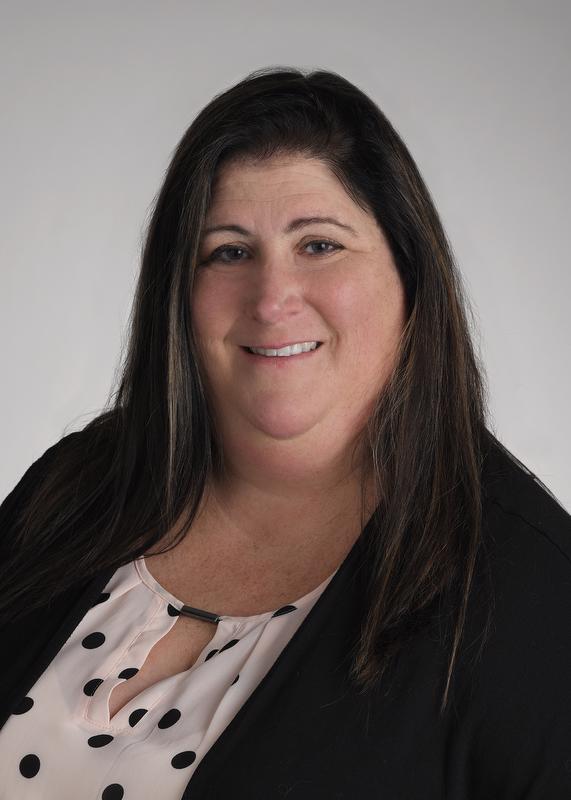 News
News
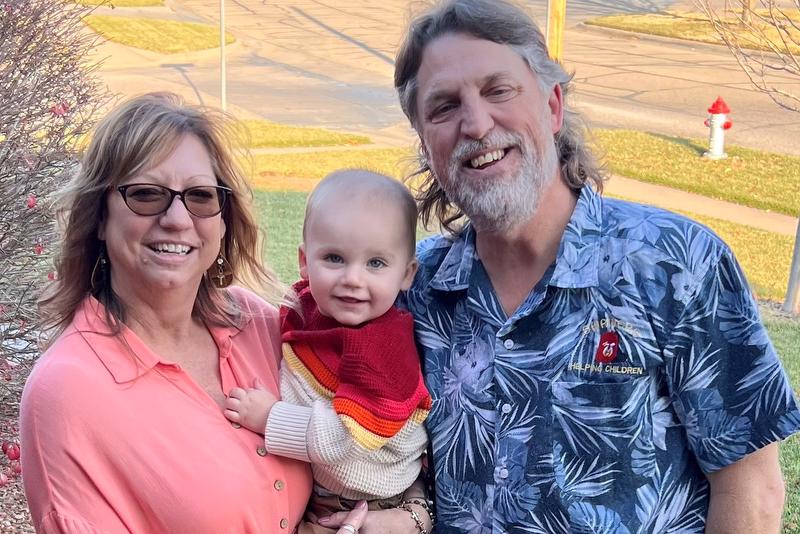 Partner News · News
Partner News · News
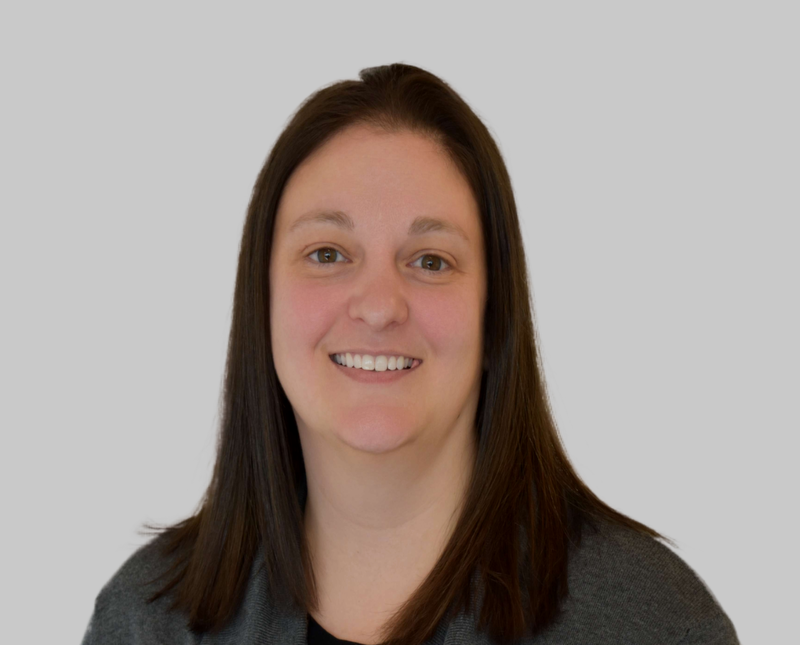 TL1 Trainee · News
TL1 Trainee · News
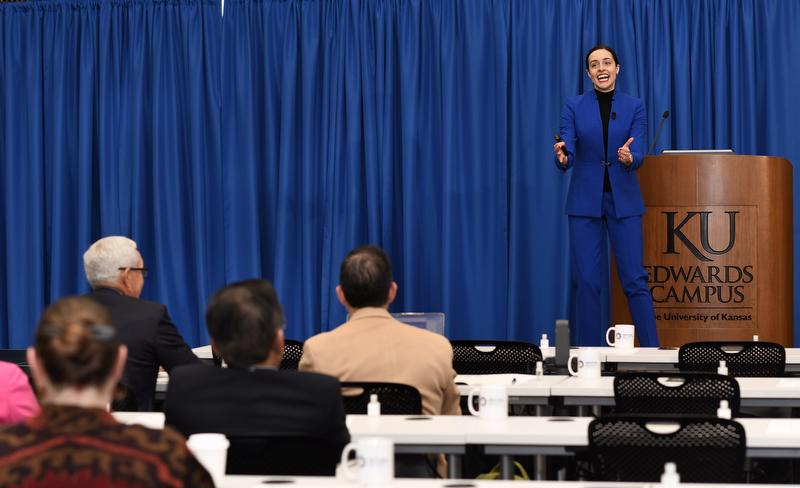 Events · News
Events · News
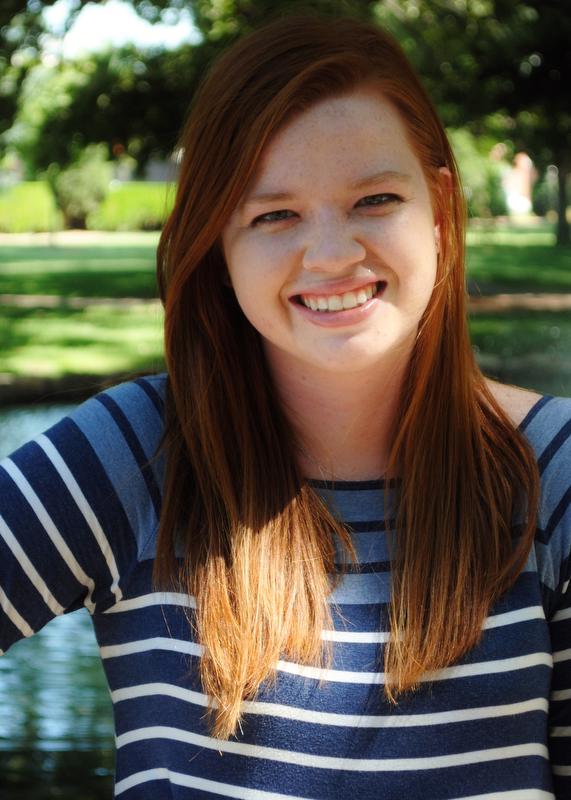 KL2 Scholar · News
KL2 Scholar · News
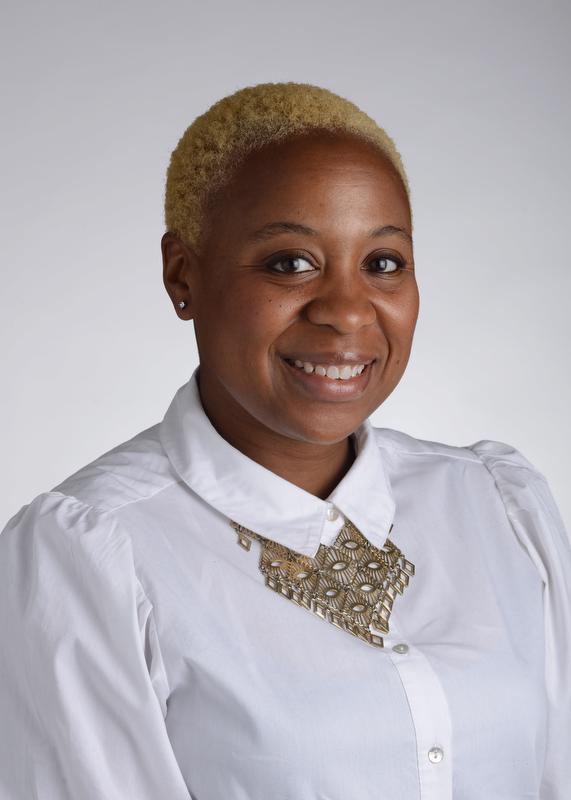 News
News
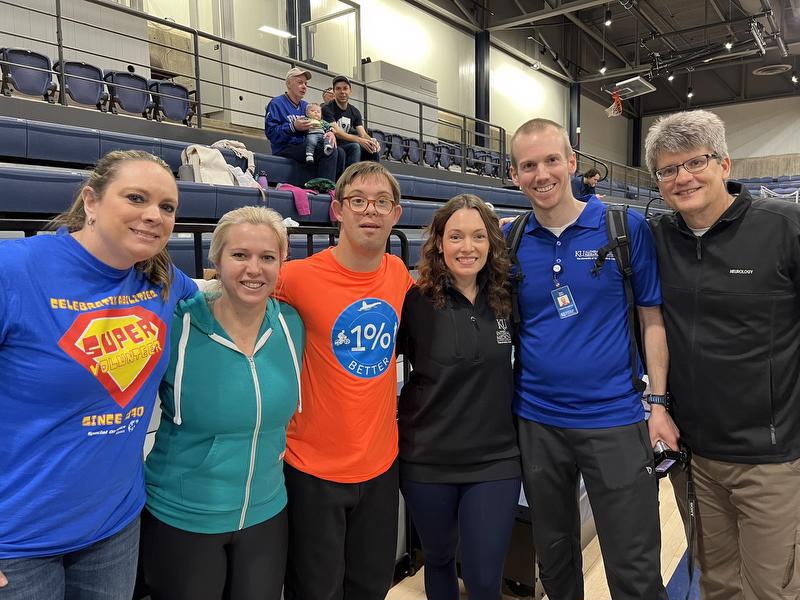 TL1 Trainee · News
TL1 Trainee · News
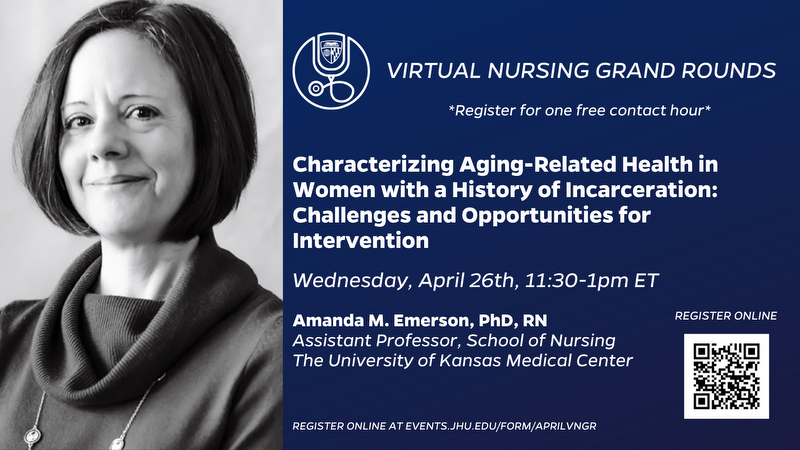 News · KL2 Scholar
News · KL2 Scholar
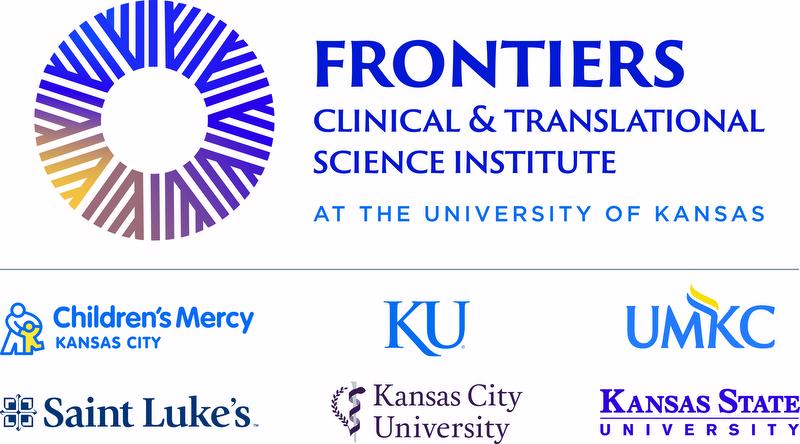
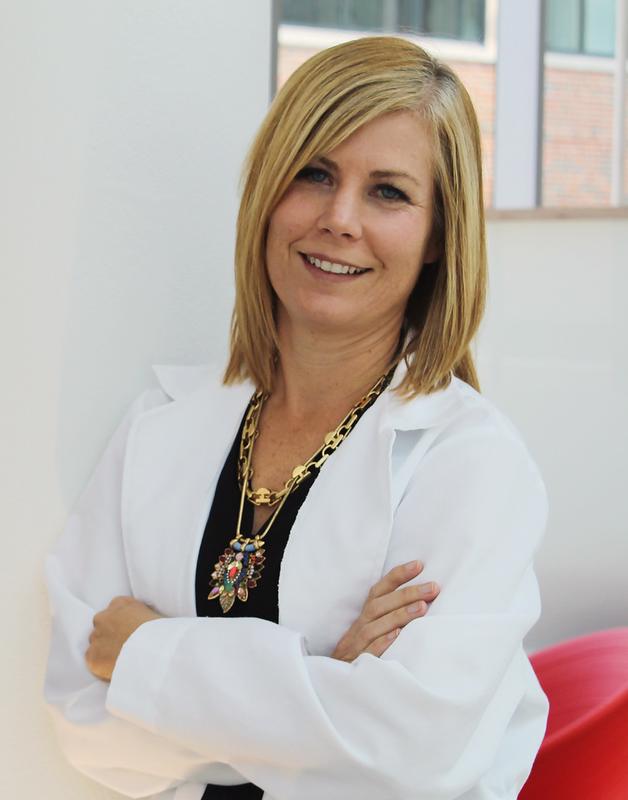 TL1 Trainee · News
TL1 Trainee · News
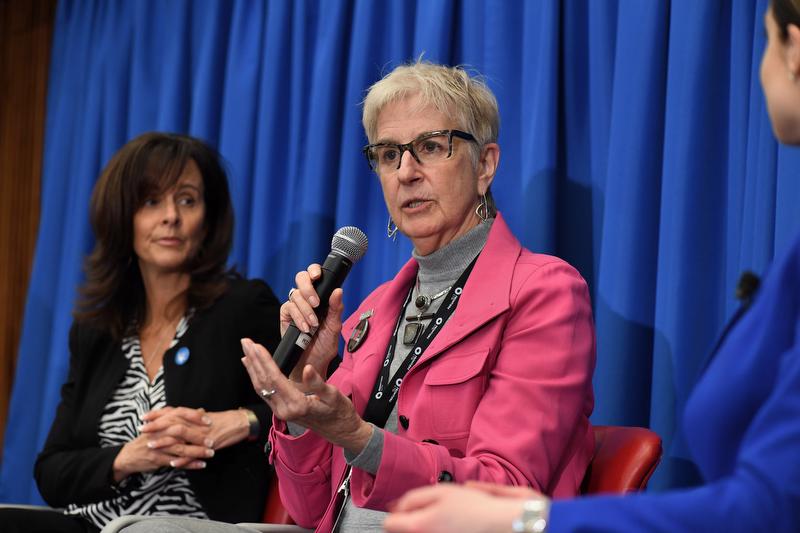 Events · News
Events · News
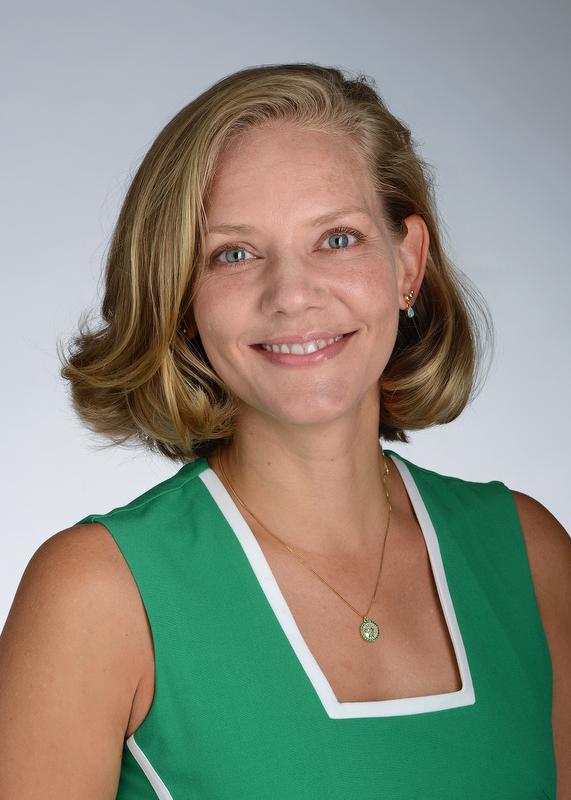 News
News
 News
News
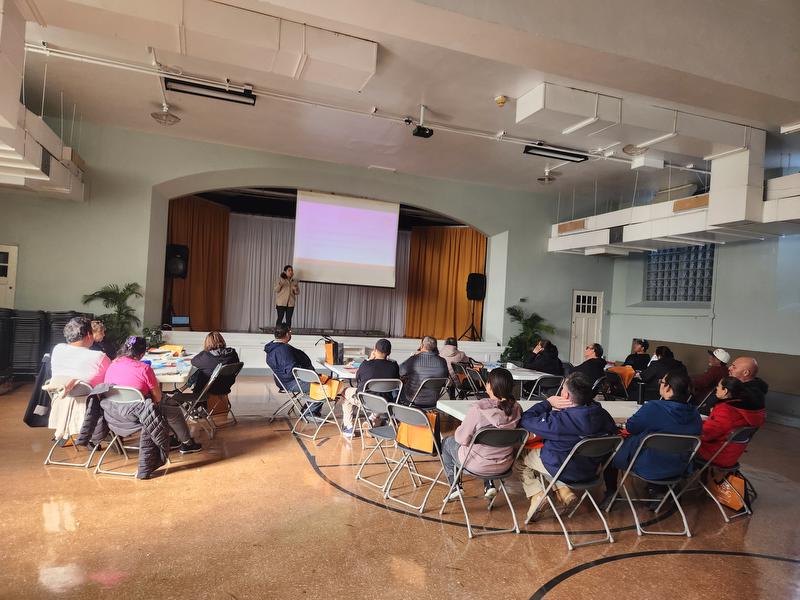

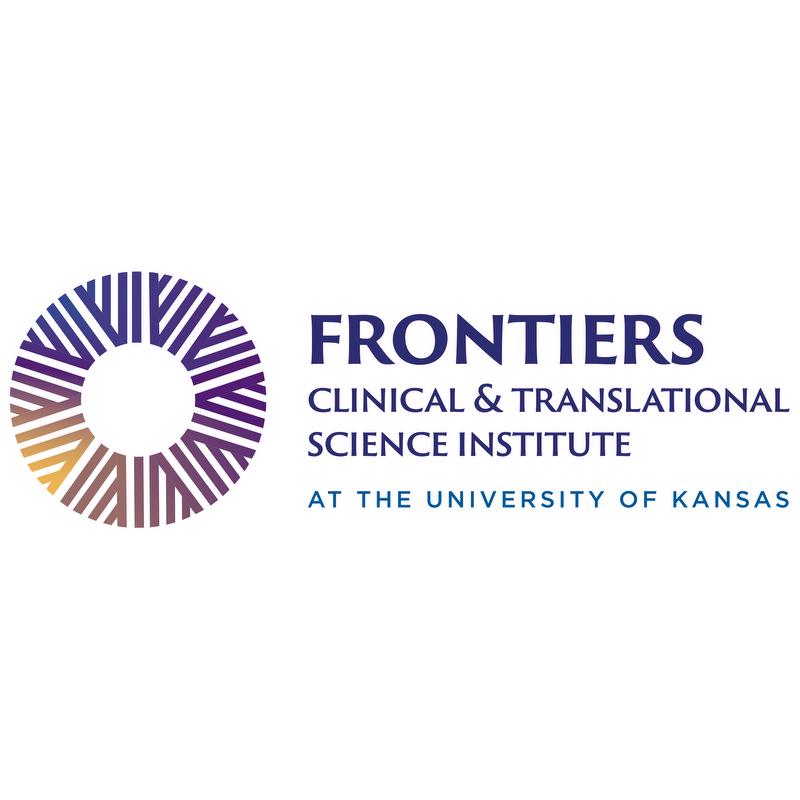 News
News
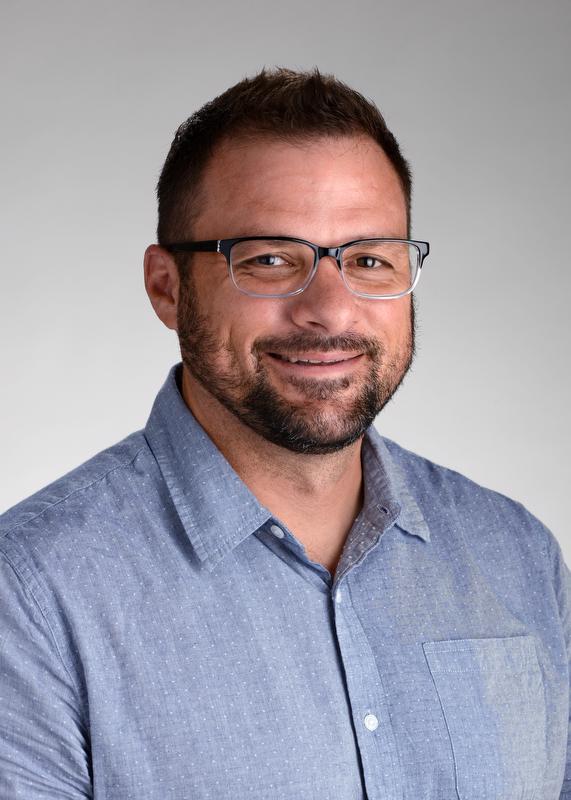
 40
40

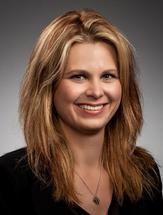 News
News
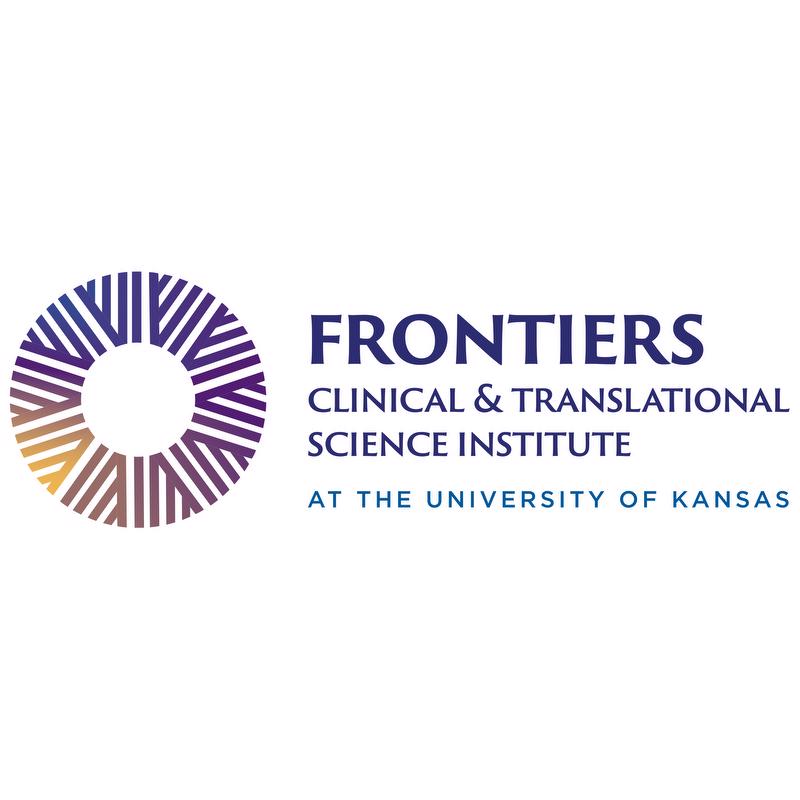 News
News
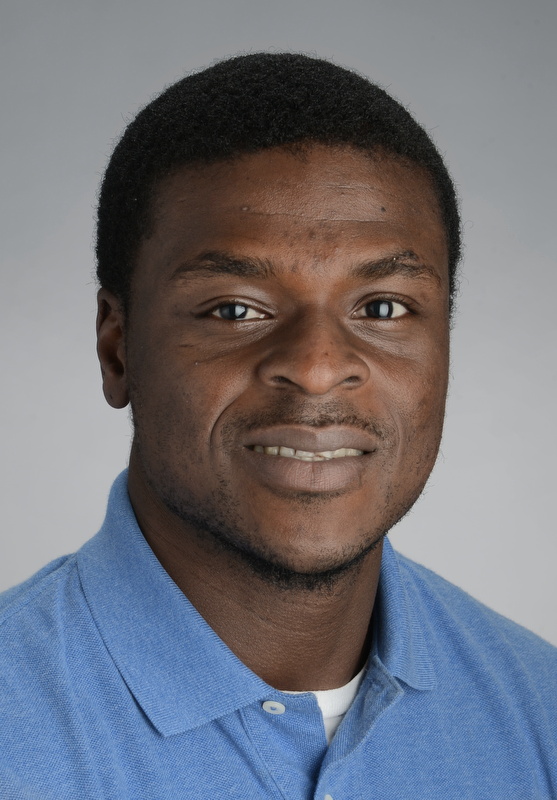 TL1 Trainee · News
TL1 Trainee · News
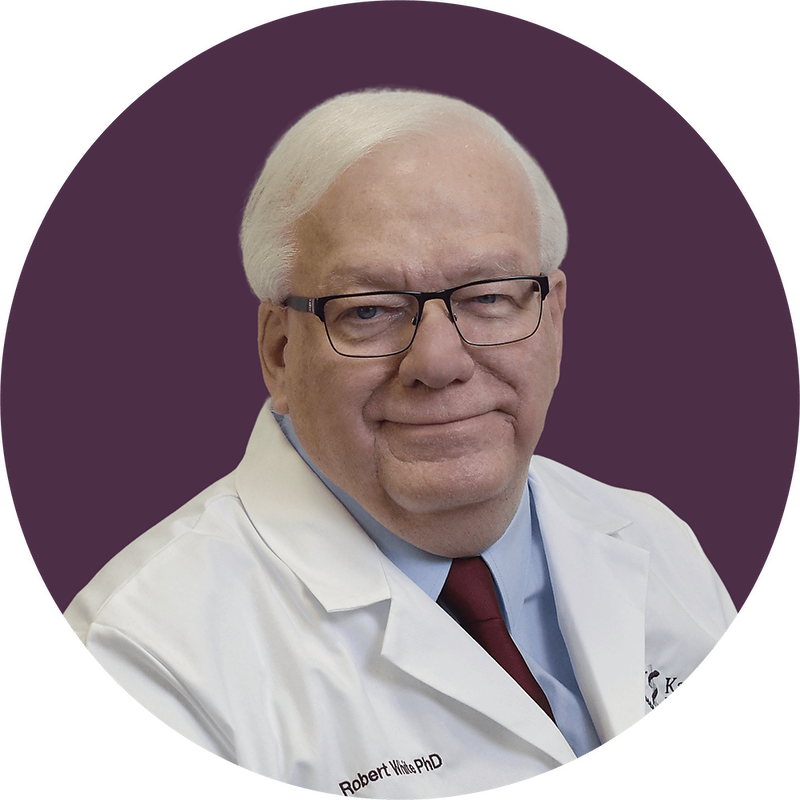 News
News
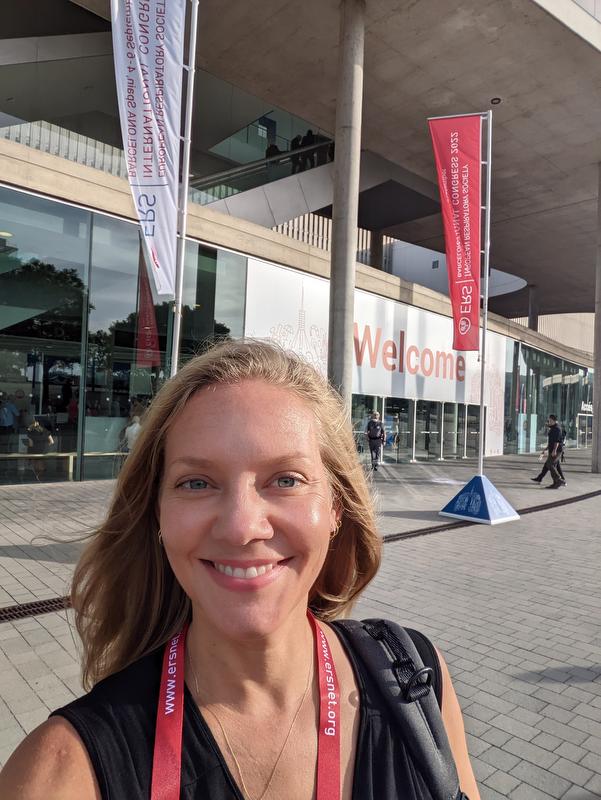 Funded Projects · News
Funded Projects · News
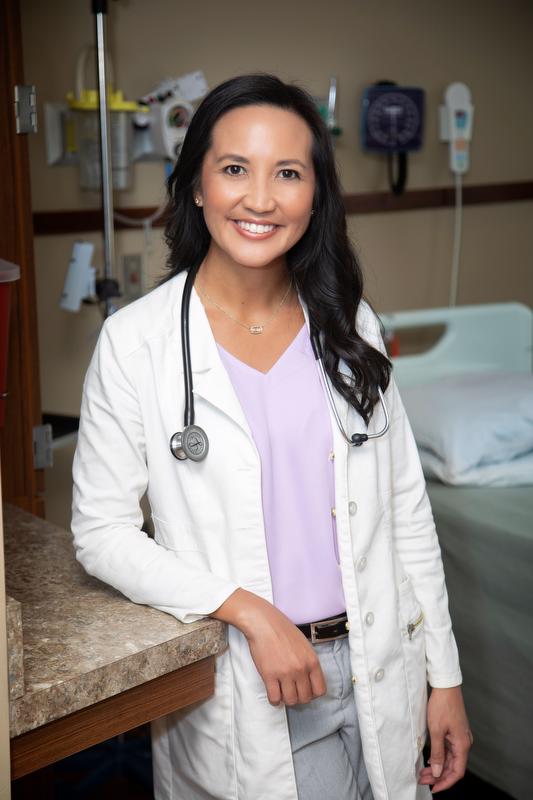 News · In the Community
News · In the Community
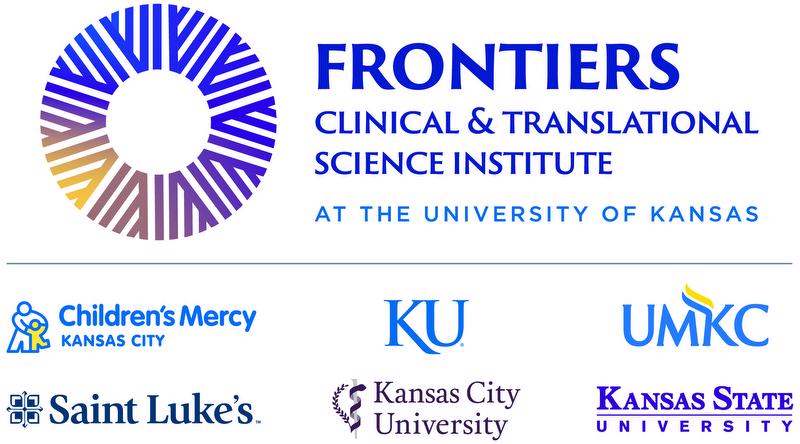 Funded Projects · News
Funded Projects · News
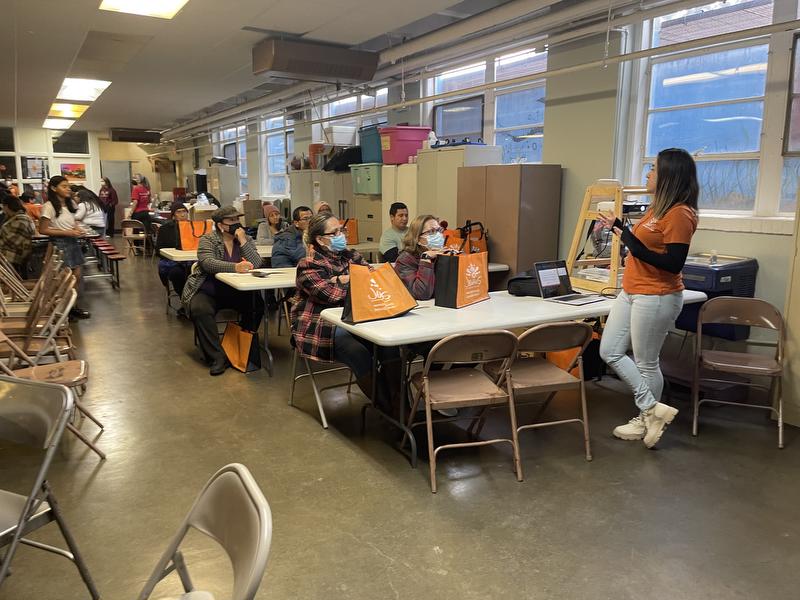 In the Community
In the Community
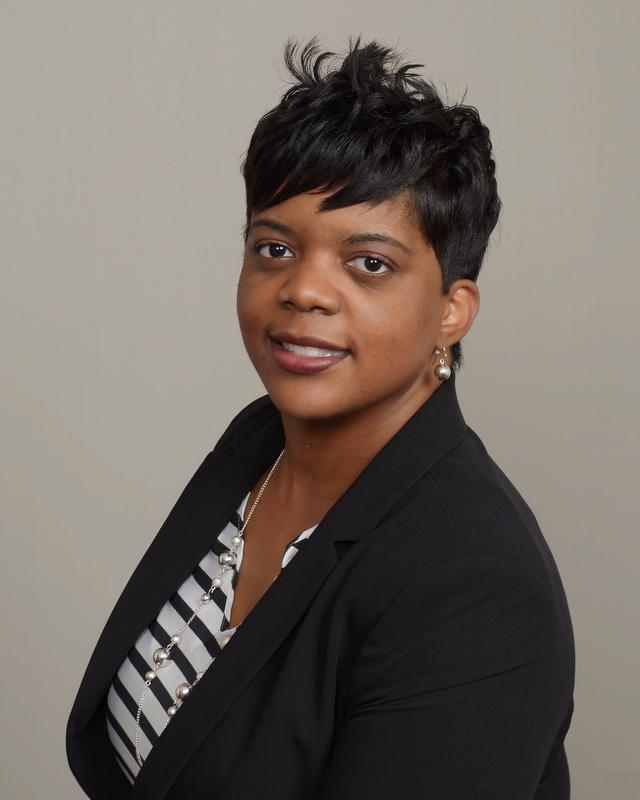 News · In the Community · Partner News
News · In the Community · Partner News
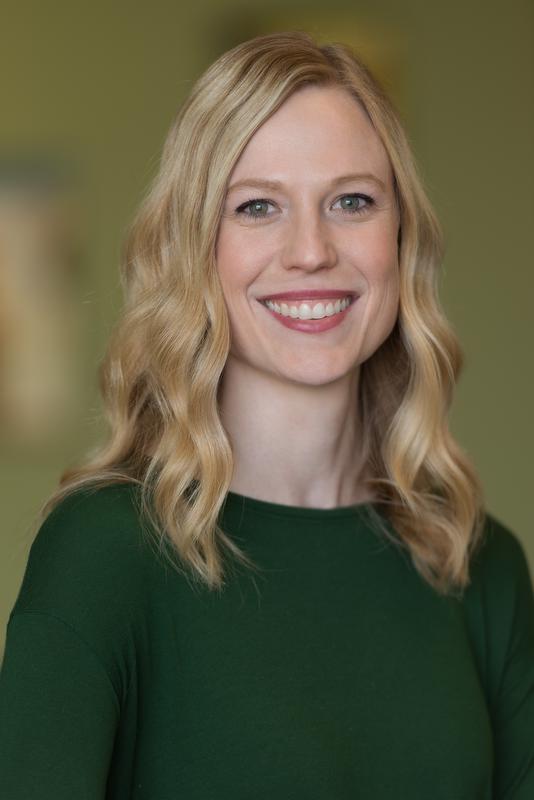 KL2 Scholar · News
KL2 Scholar · News
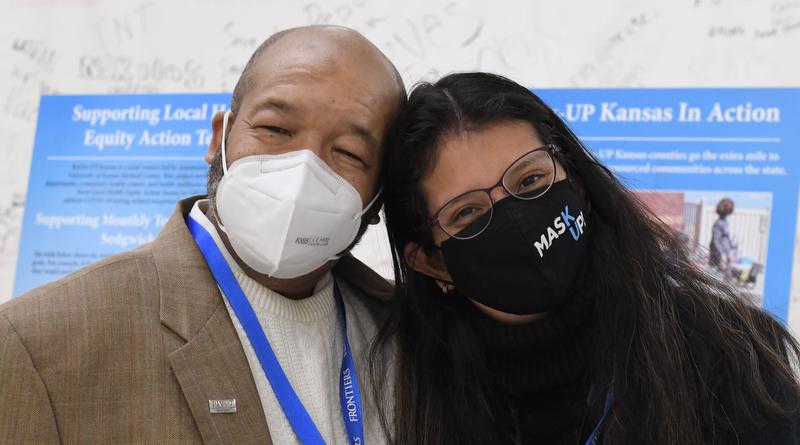 News · In the Community
News · In the Community
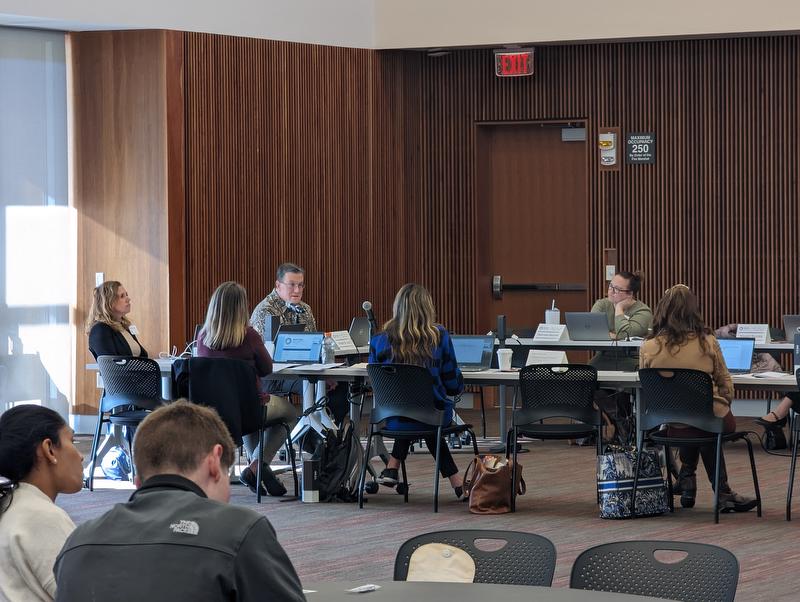 Events · News · Services
Events · News · Services
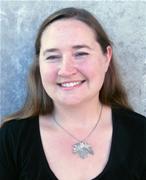 Funded Projects · News
Funded Projects · News
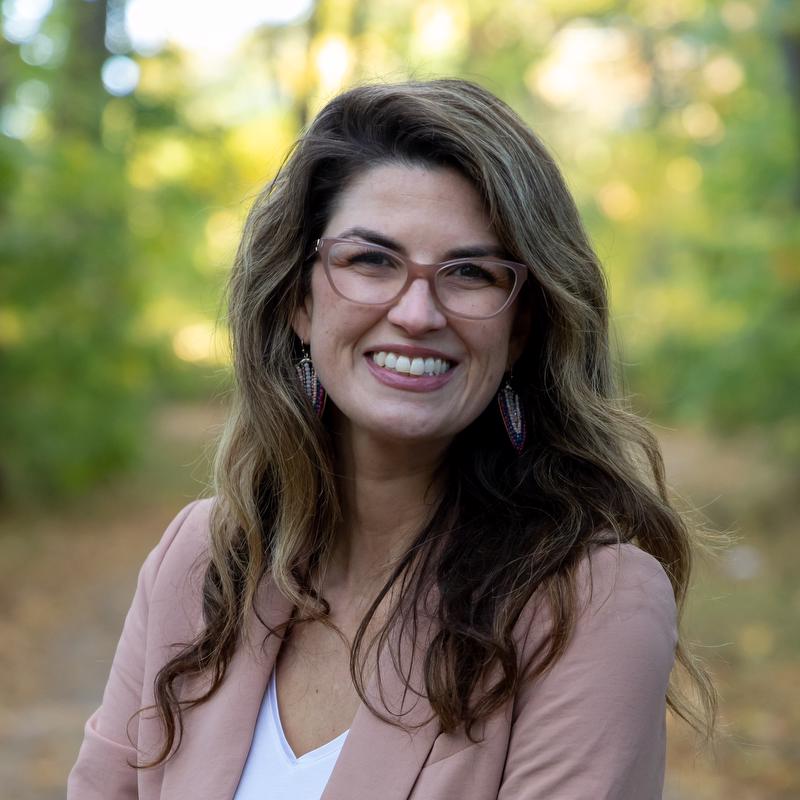 KL2 Scholar · Funded Projects · News
KL2 Scholar · Funded Projects · News
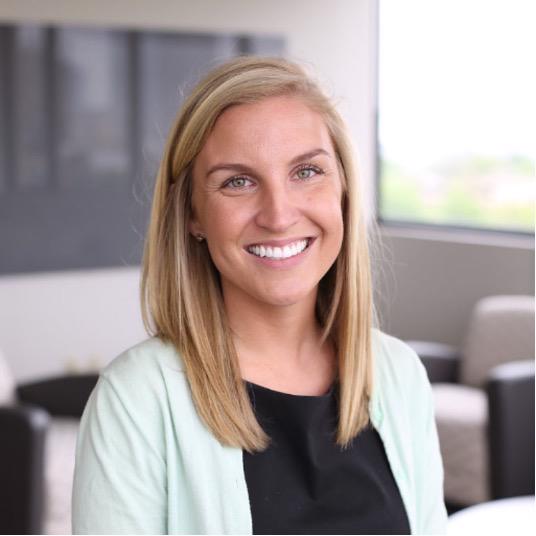 TL1 Trainee · Funded Projects · News
TL1 Trainee · Funded Projects · News
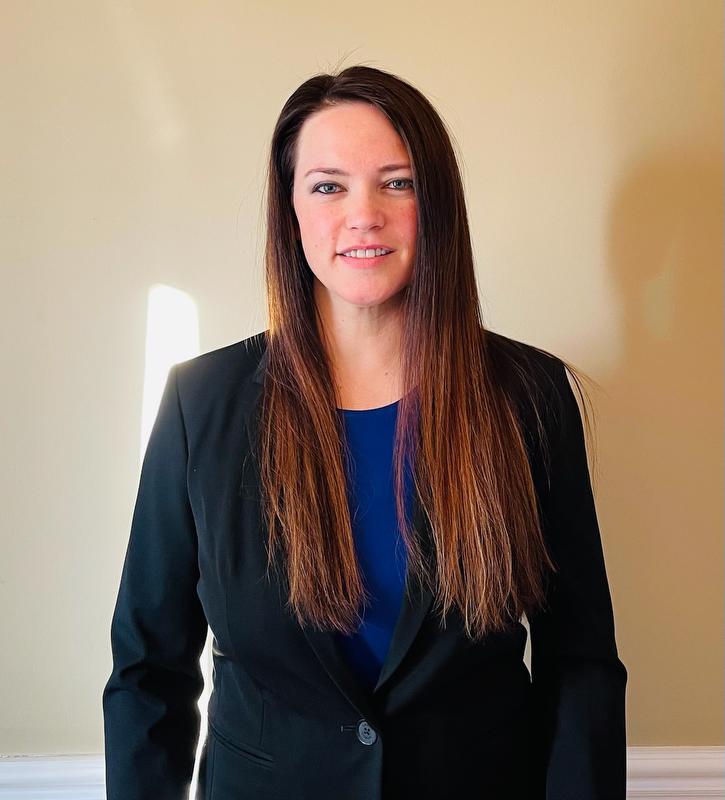 News
News
 News
News
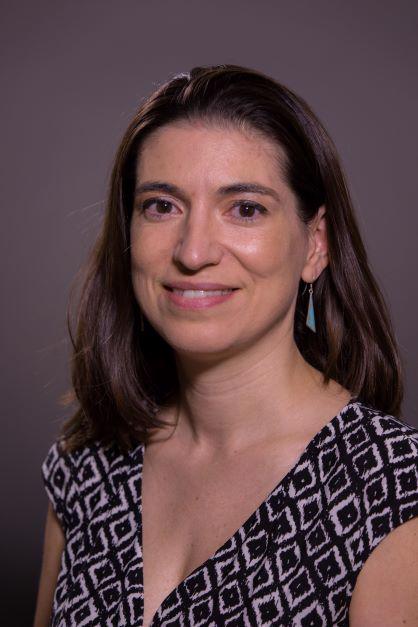 KL2 Scholar · Funded Projects
KL2 Scholar · Funded Projects
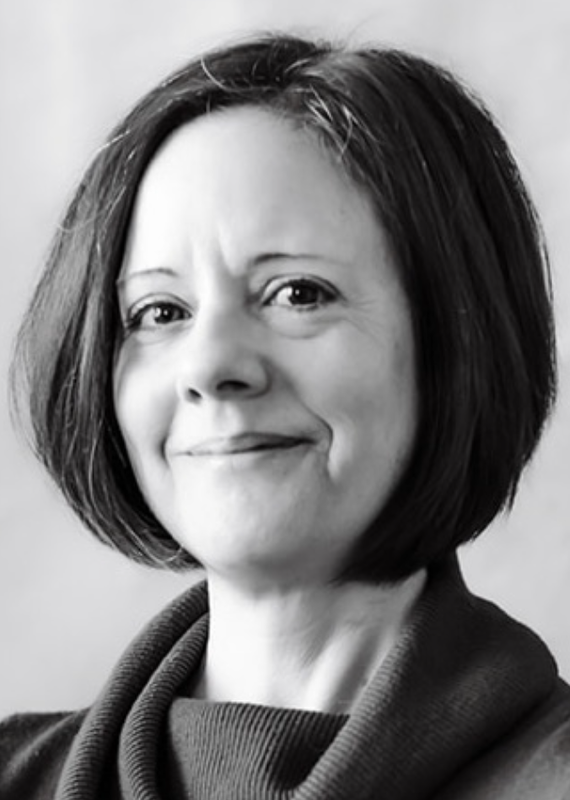 KL2 Scholar · Funded Projects
KL2 Scholar · Funded Projects
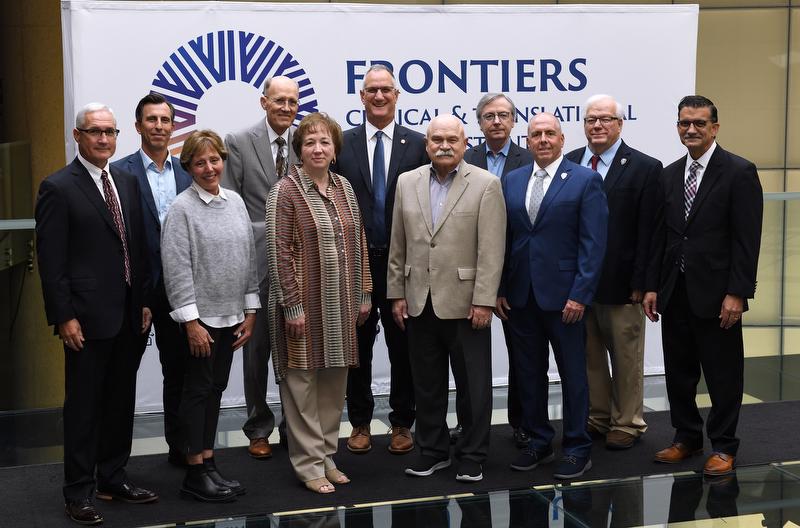 Events · News
Events · News
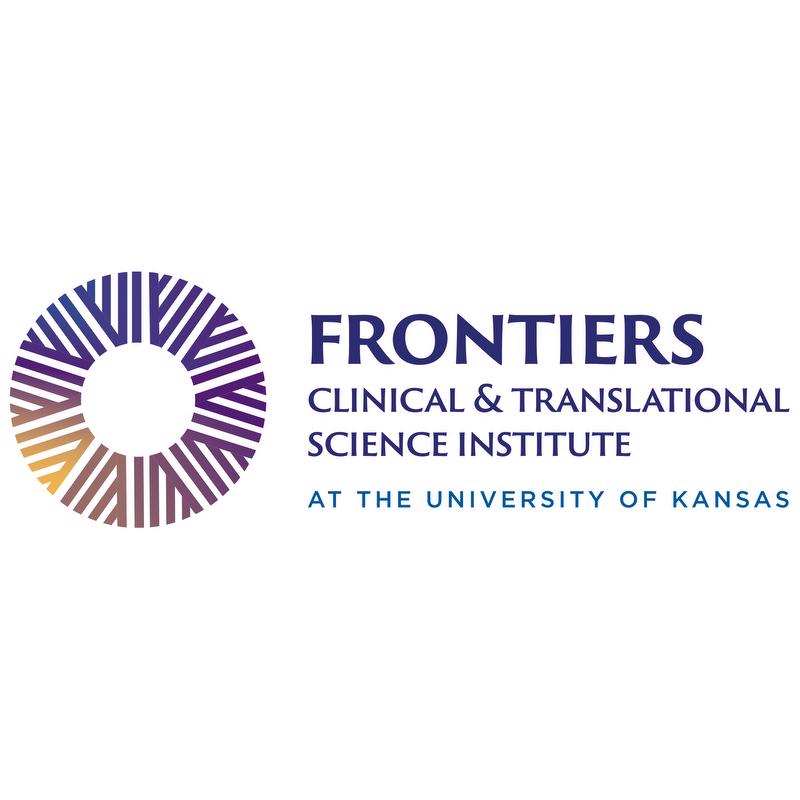 News
News
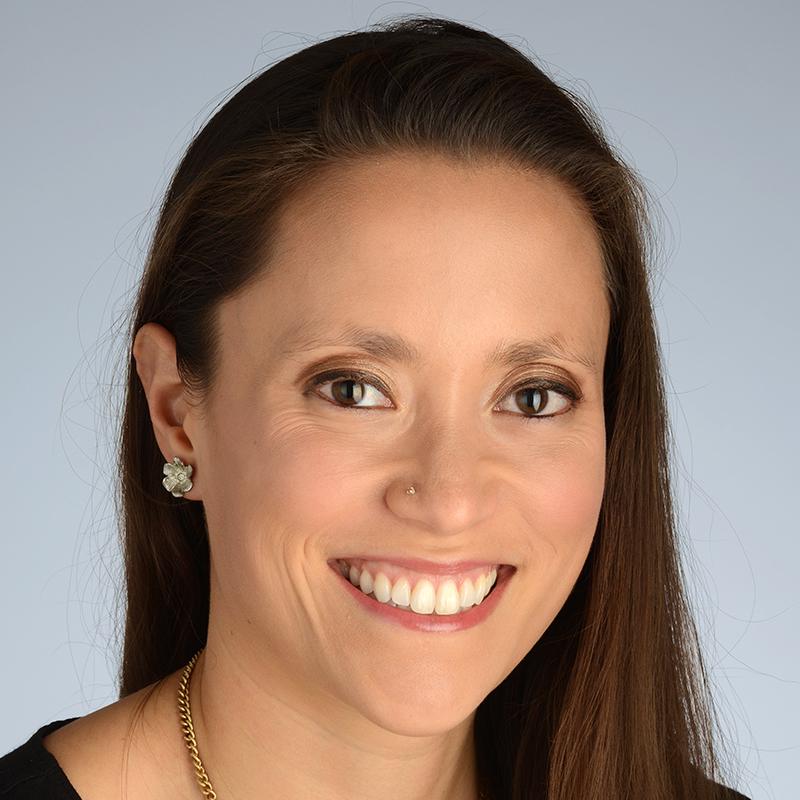 KL2 Scholar · Funded Projects
KL2 Scholar · Funded Projects
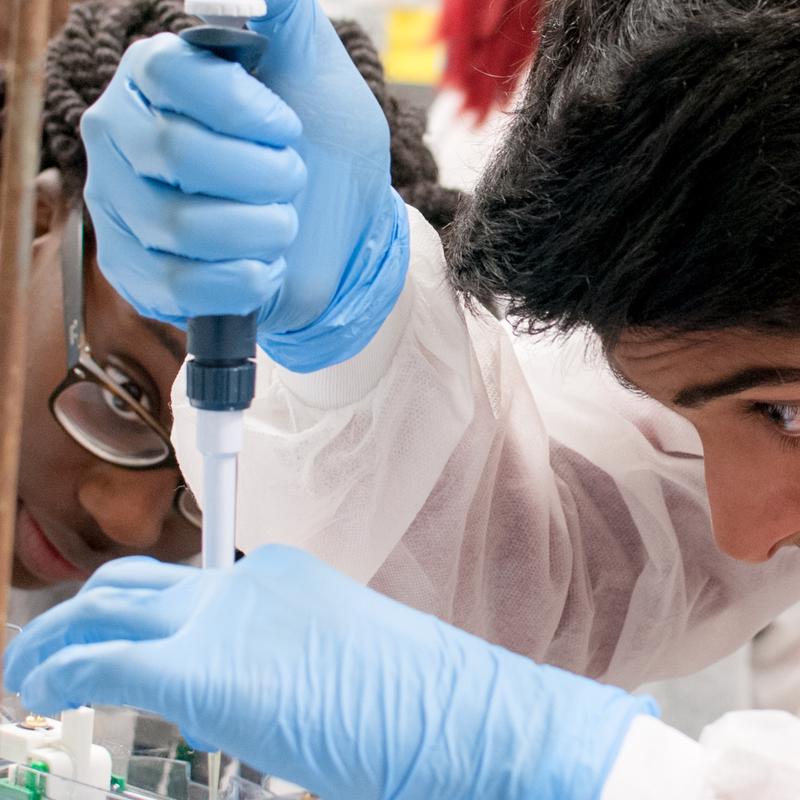 News
News
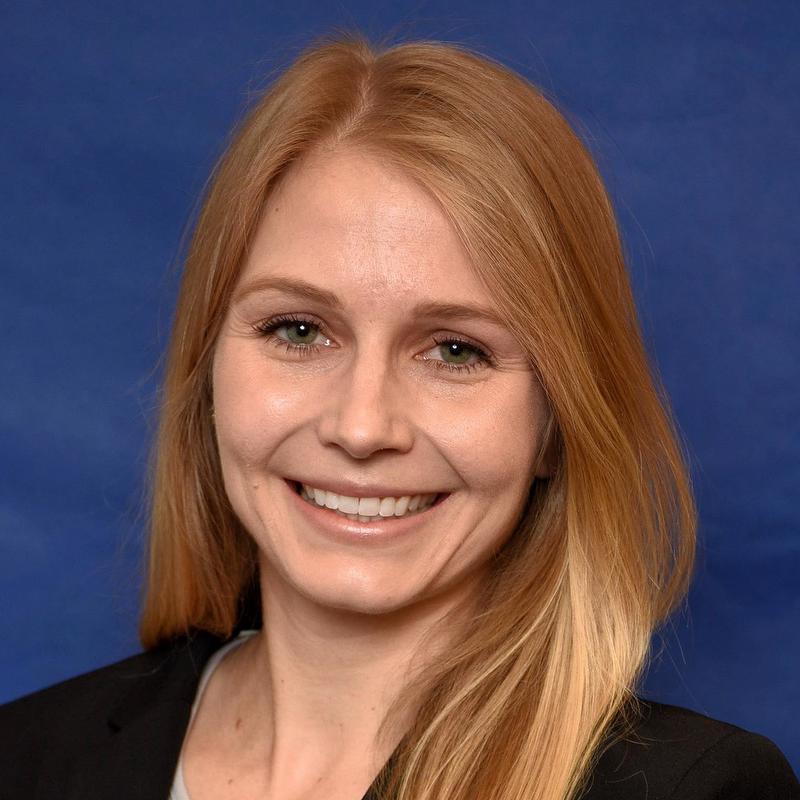 Funded Projects
Funded Projects
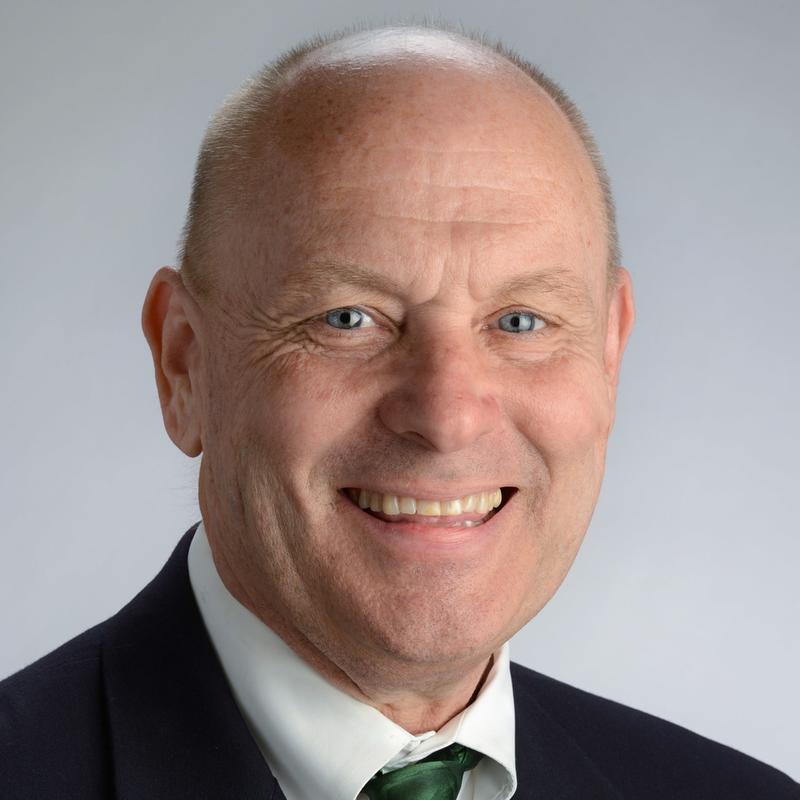
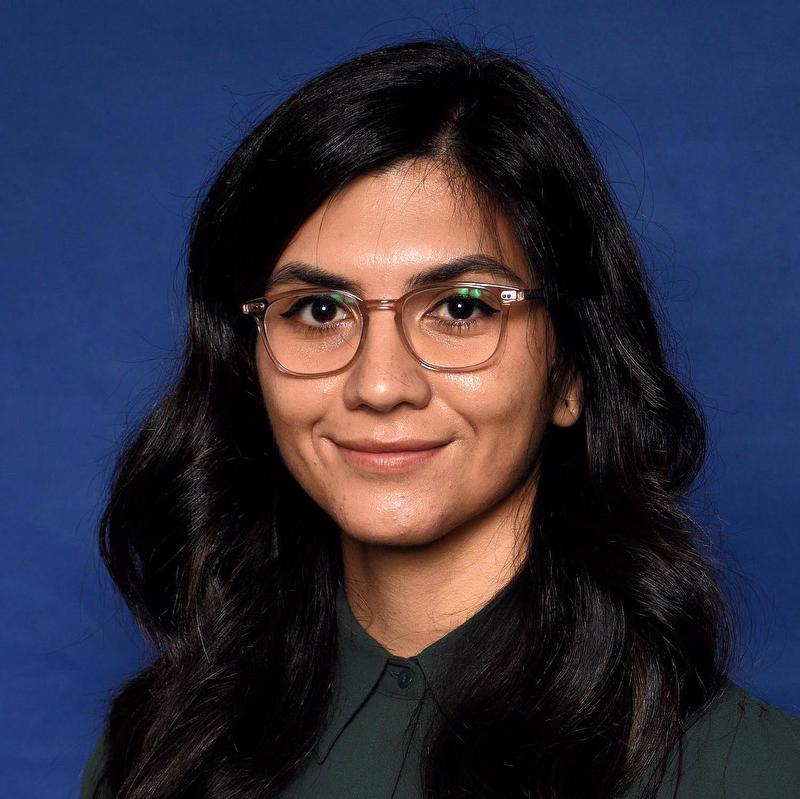 TL1 Trainee
TL1 Trainee
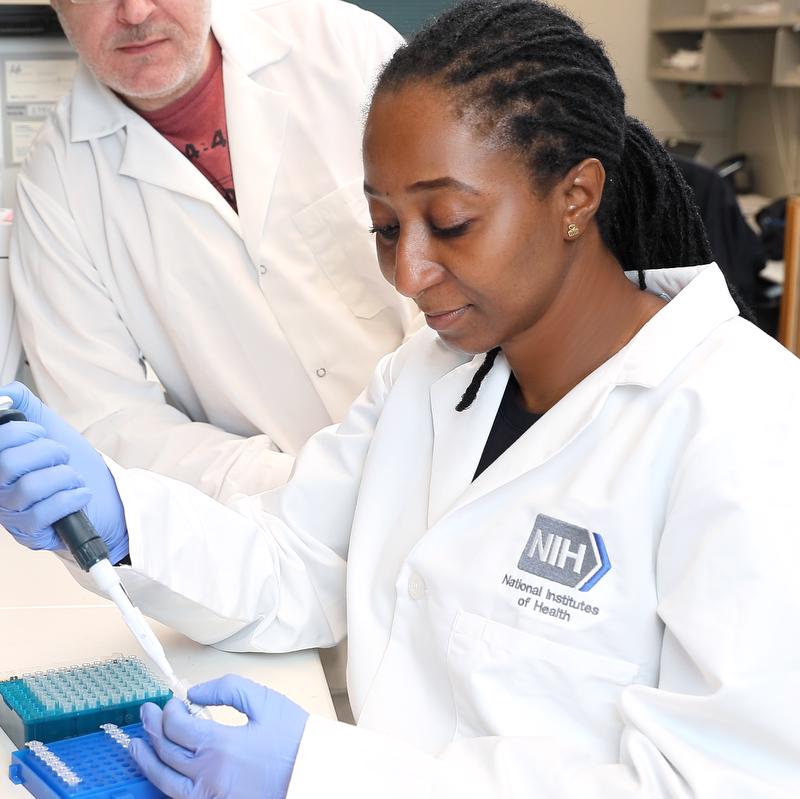 News
News
 Funded Projects
Funded Projects
